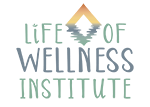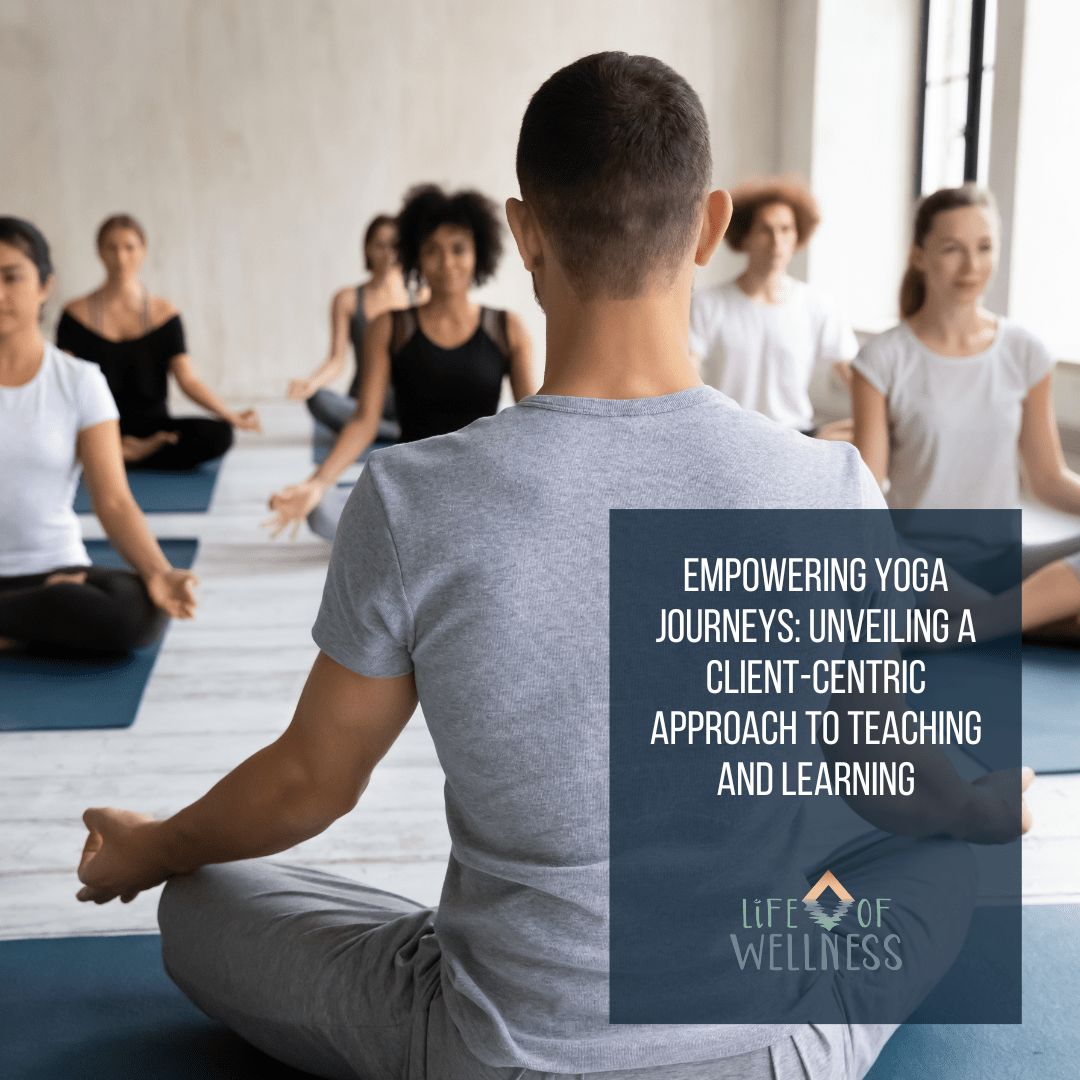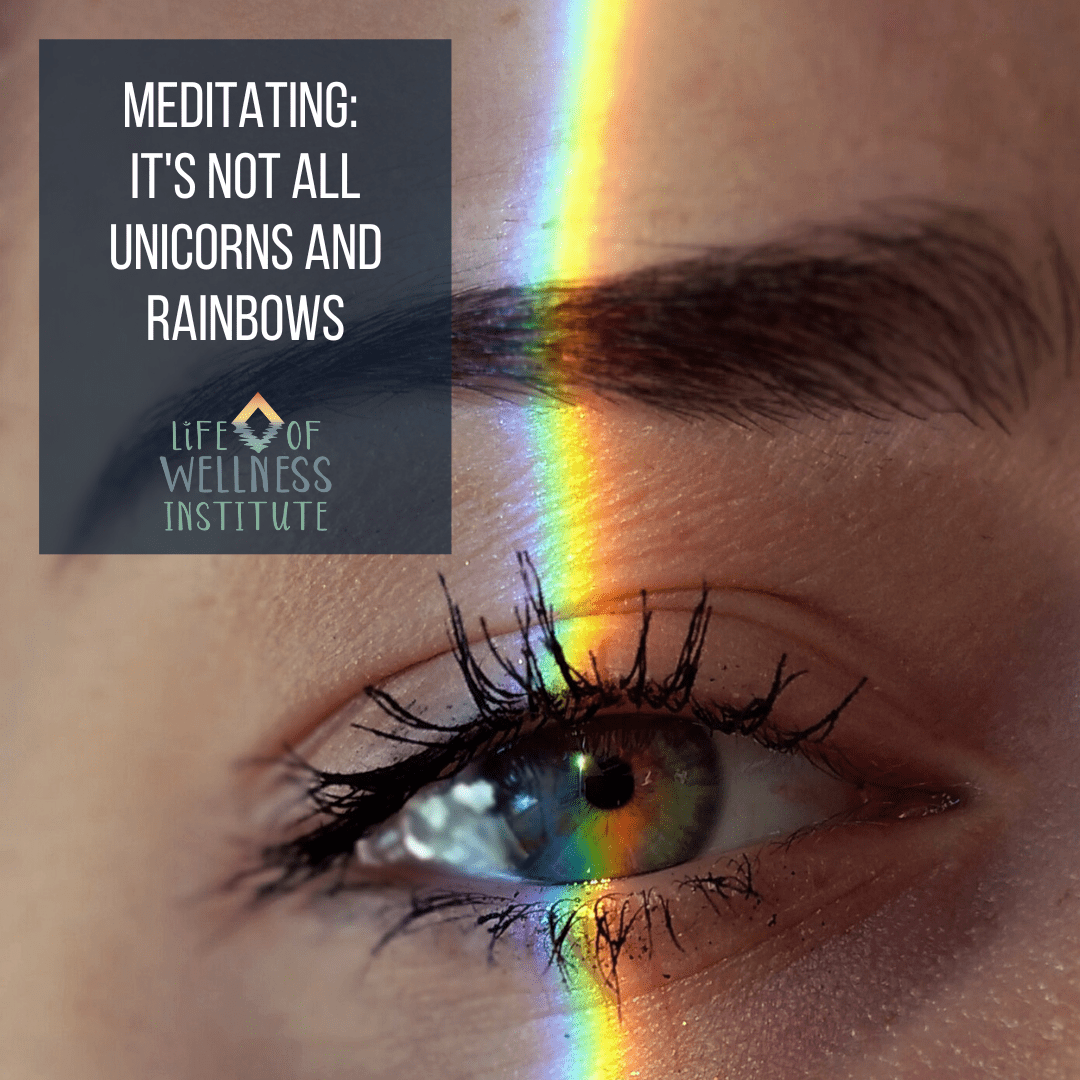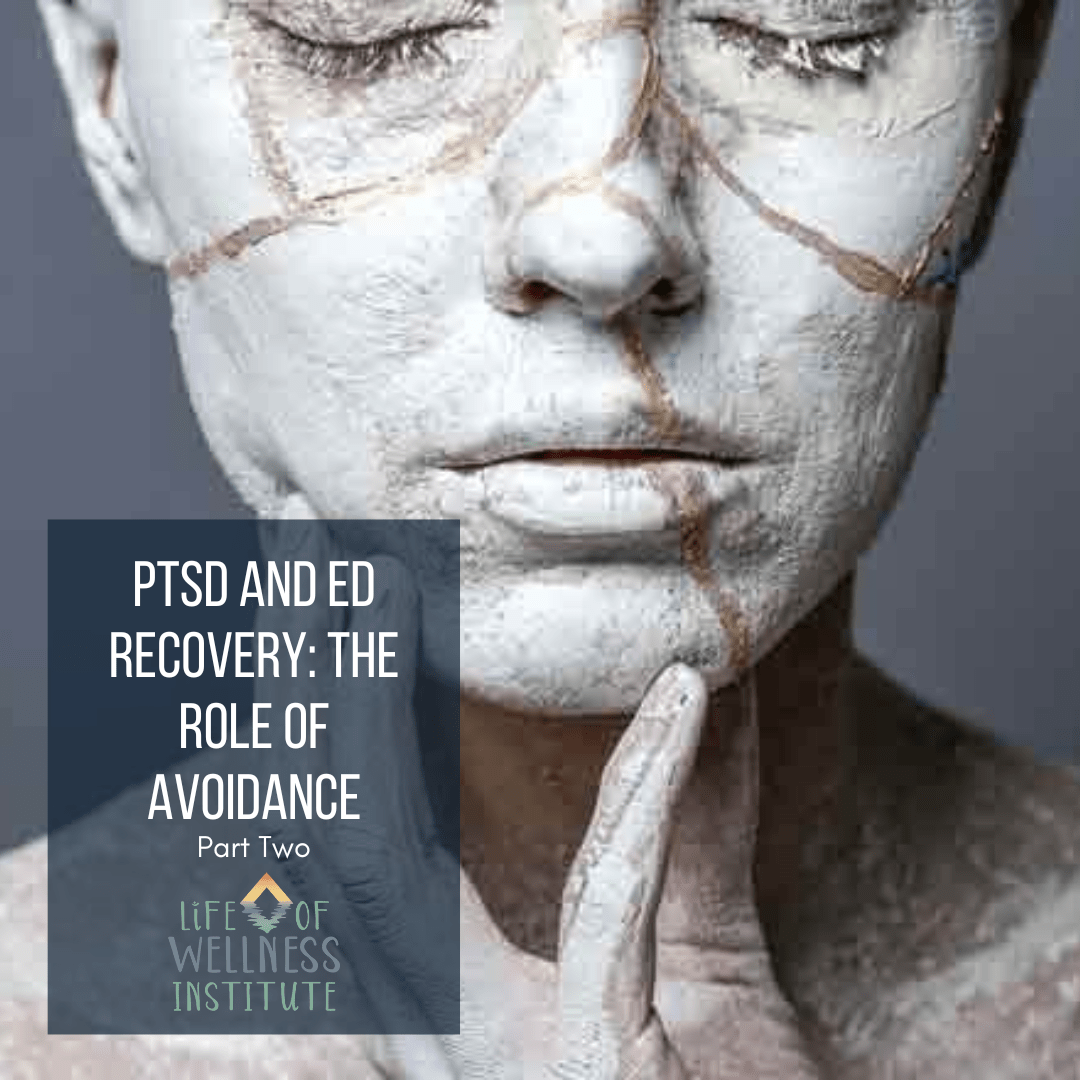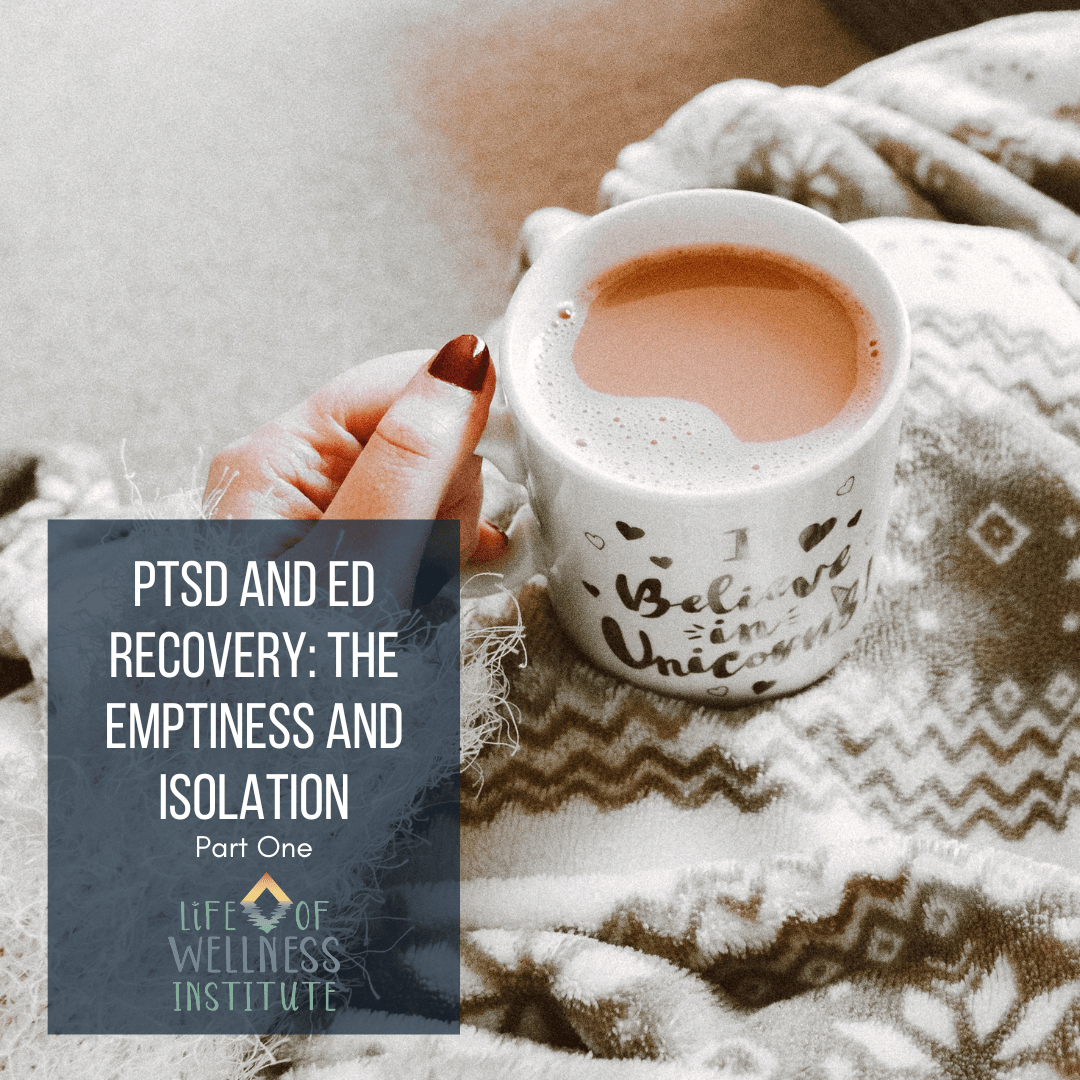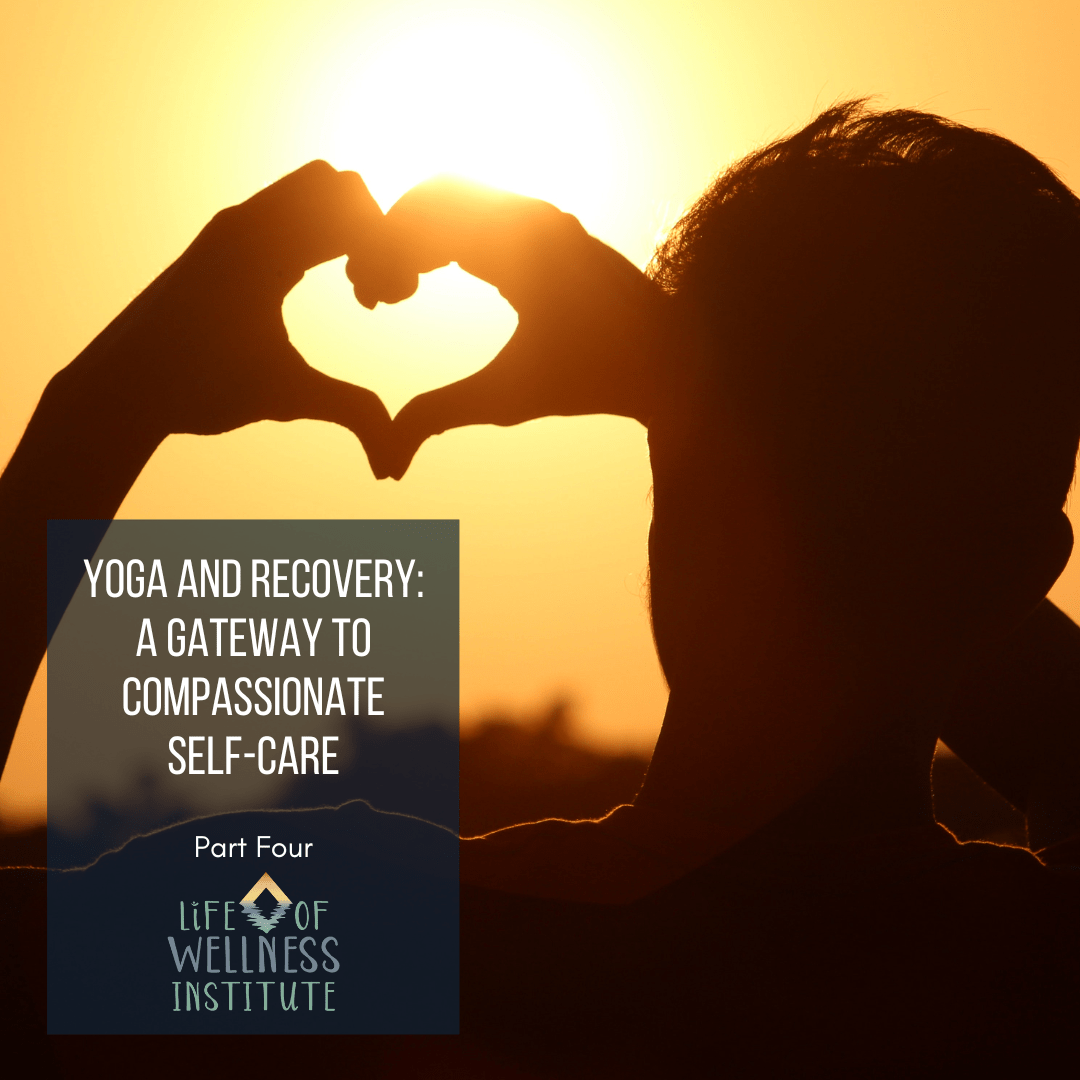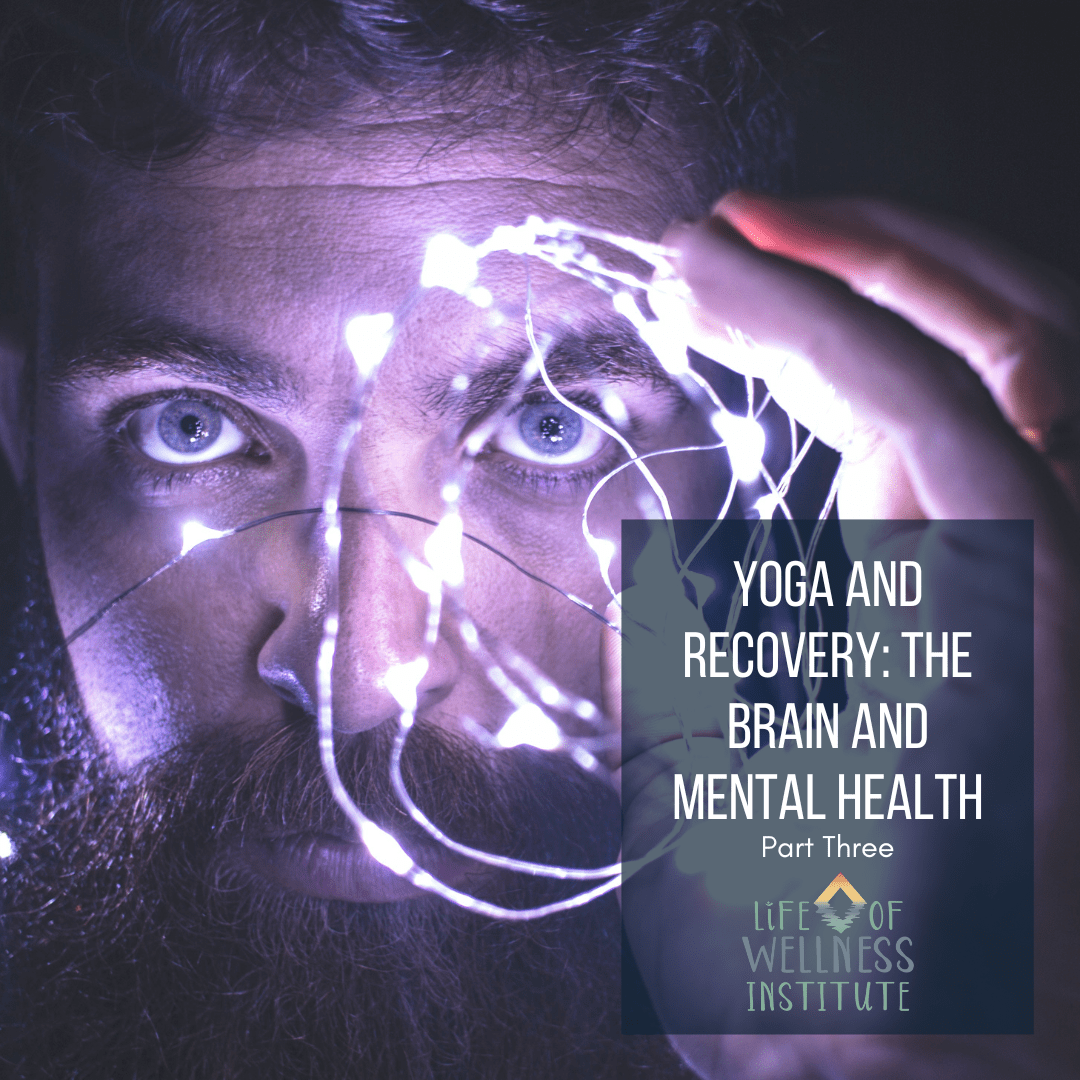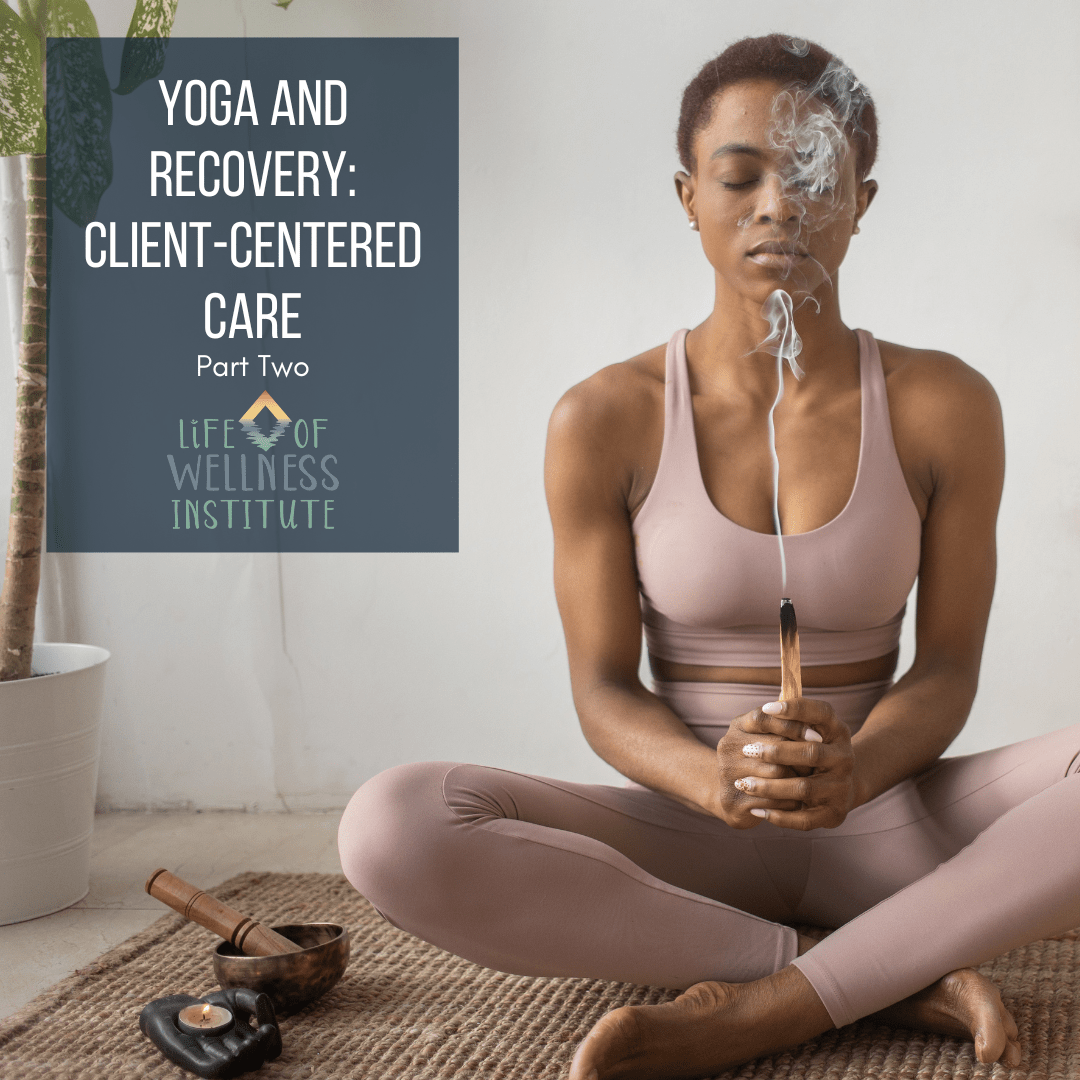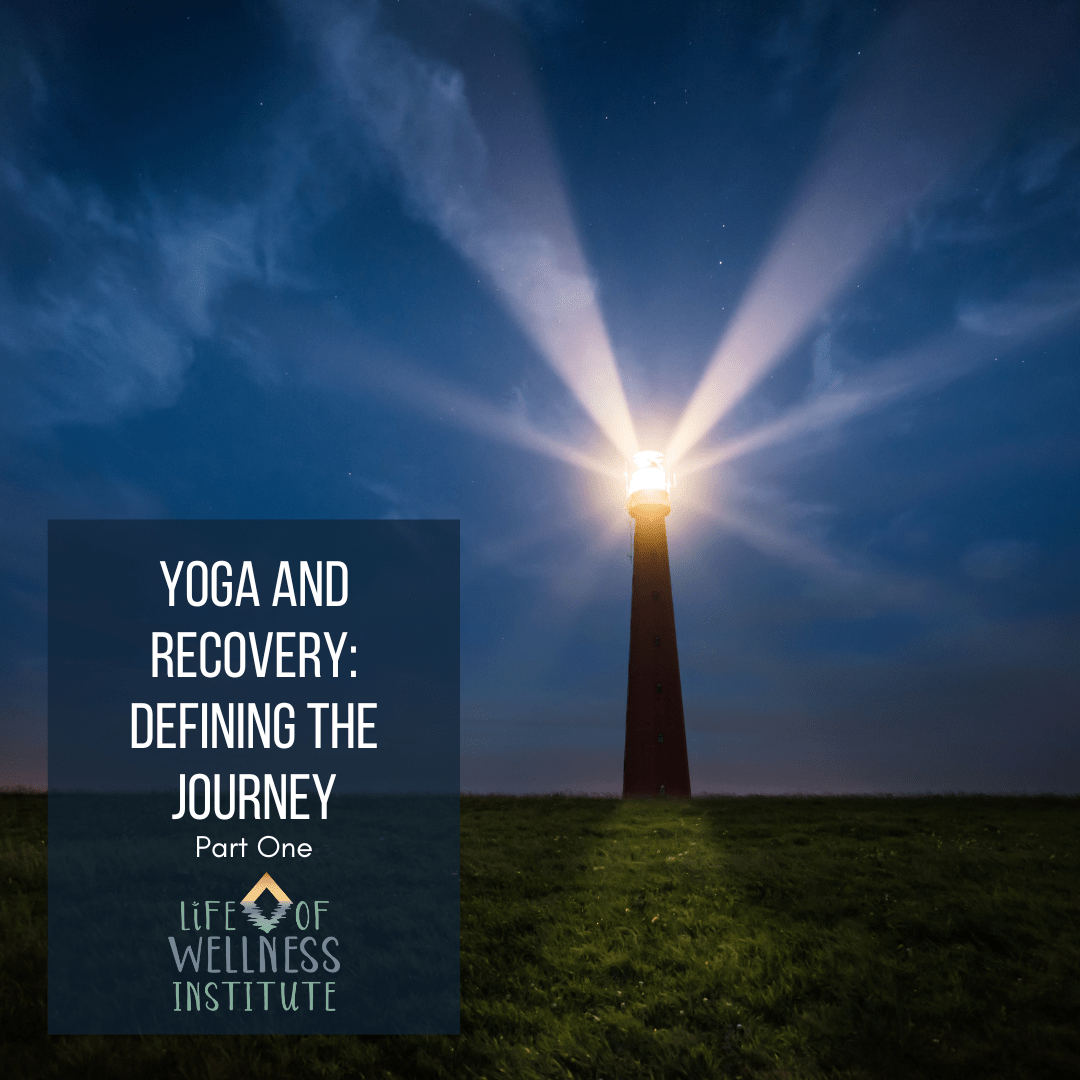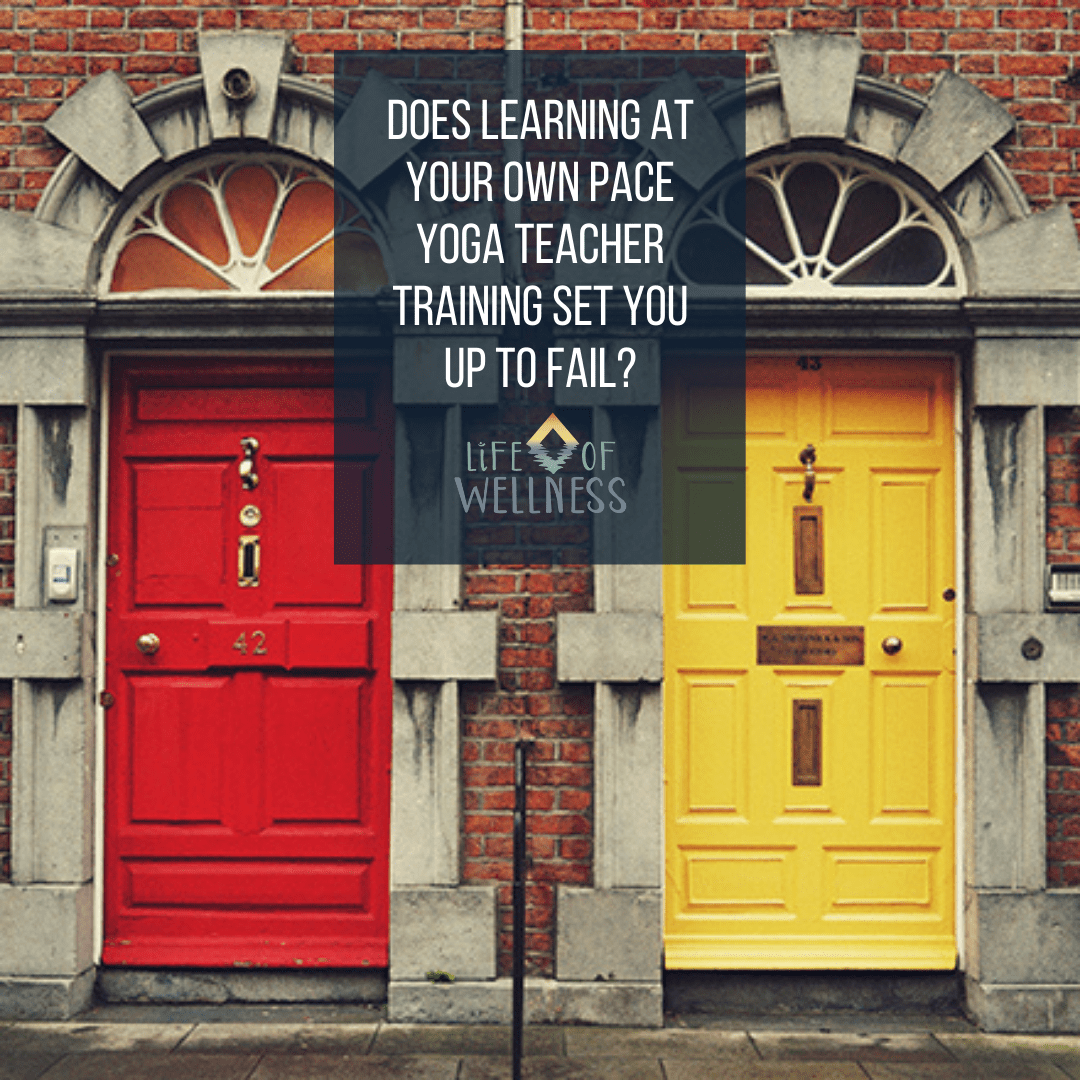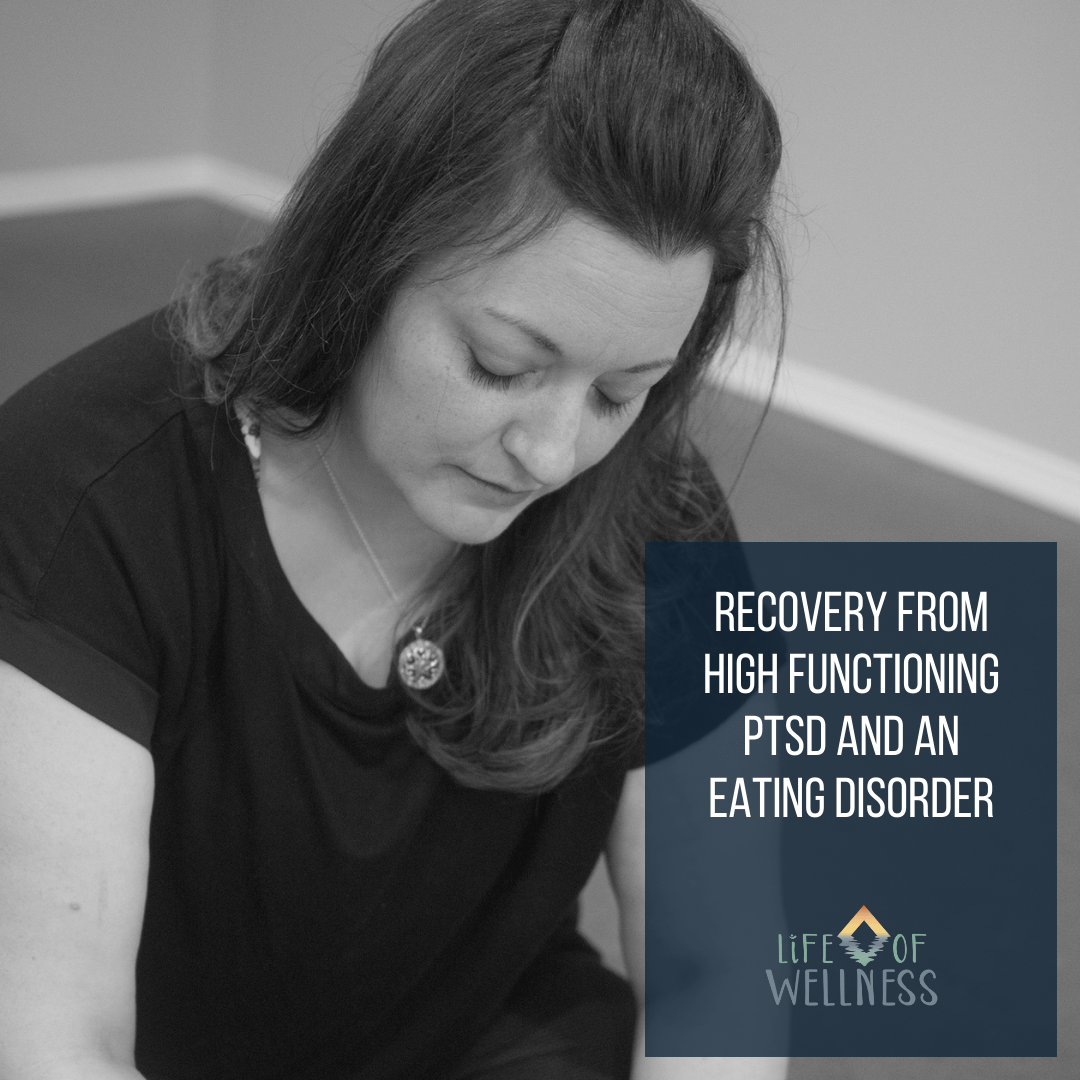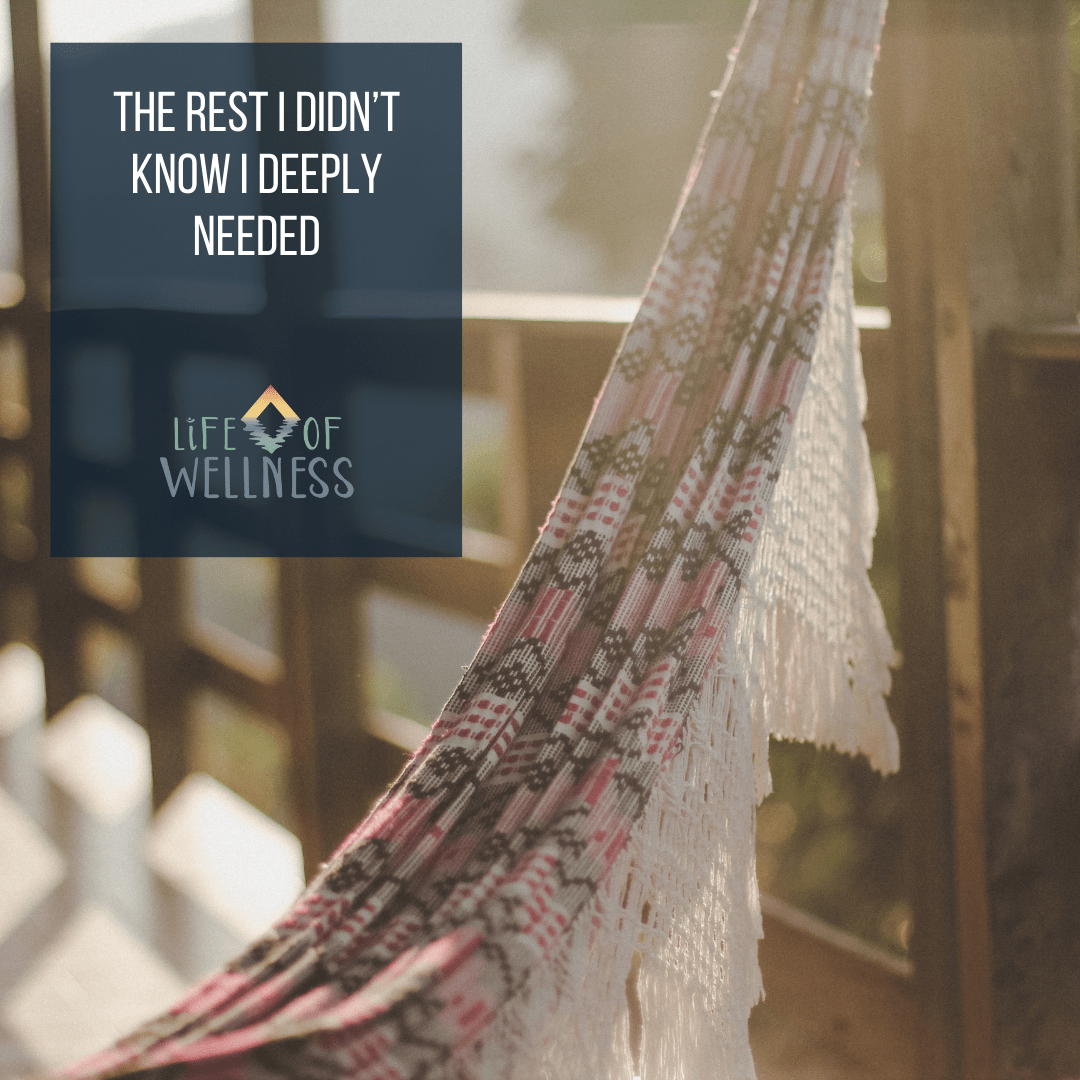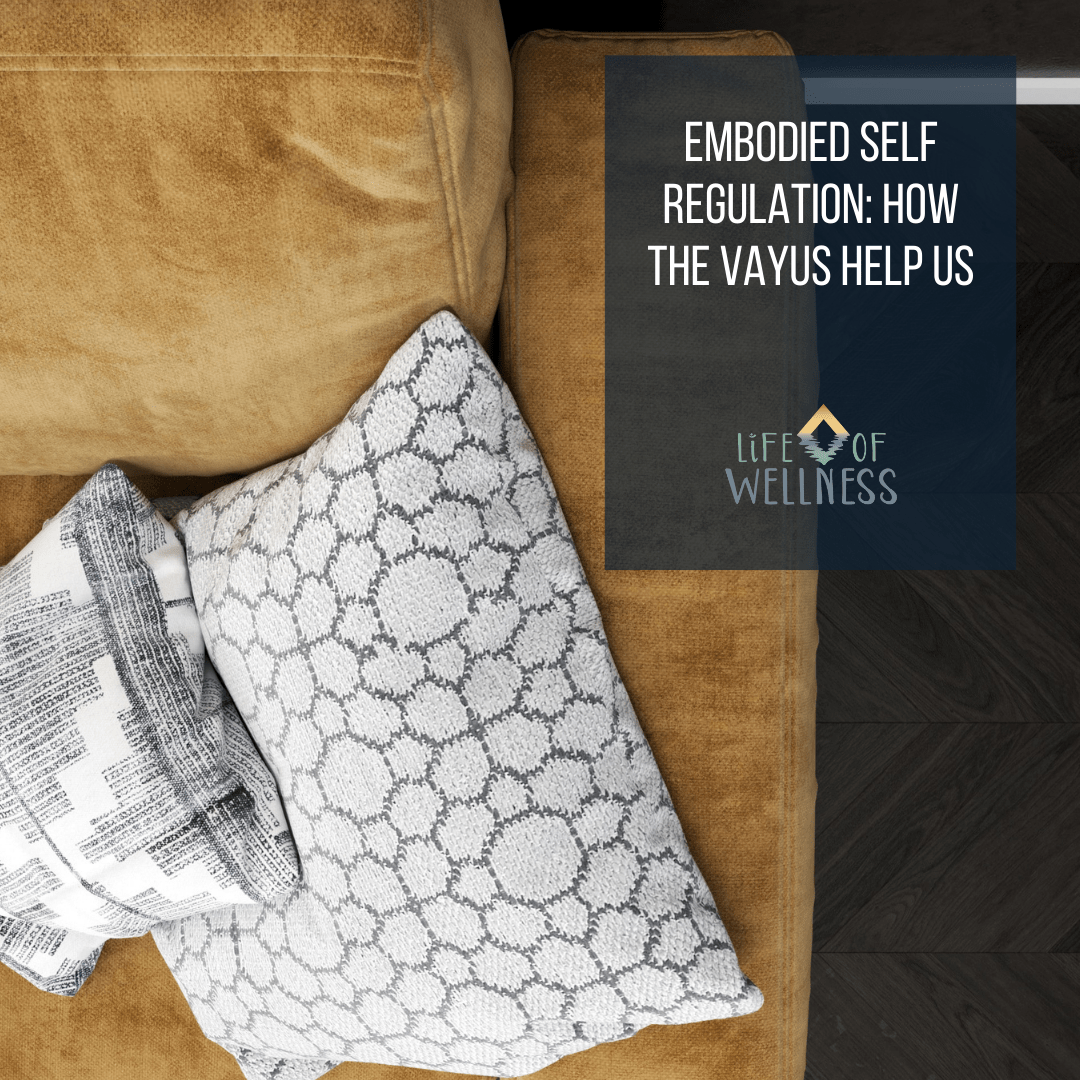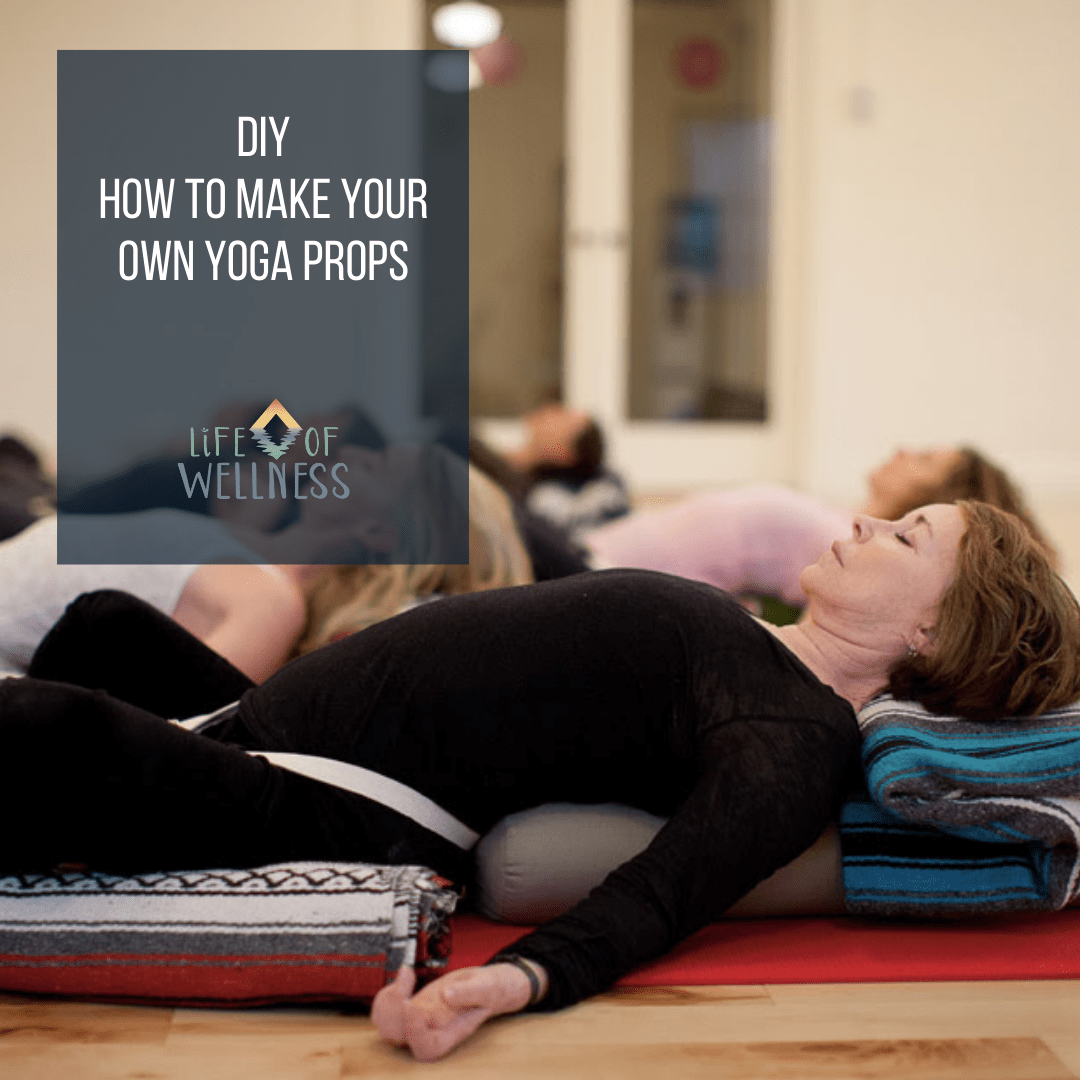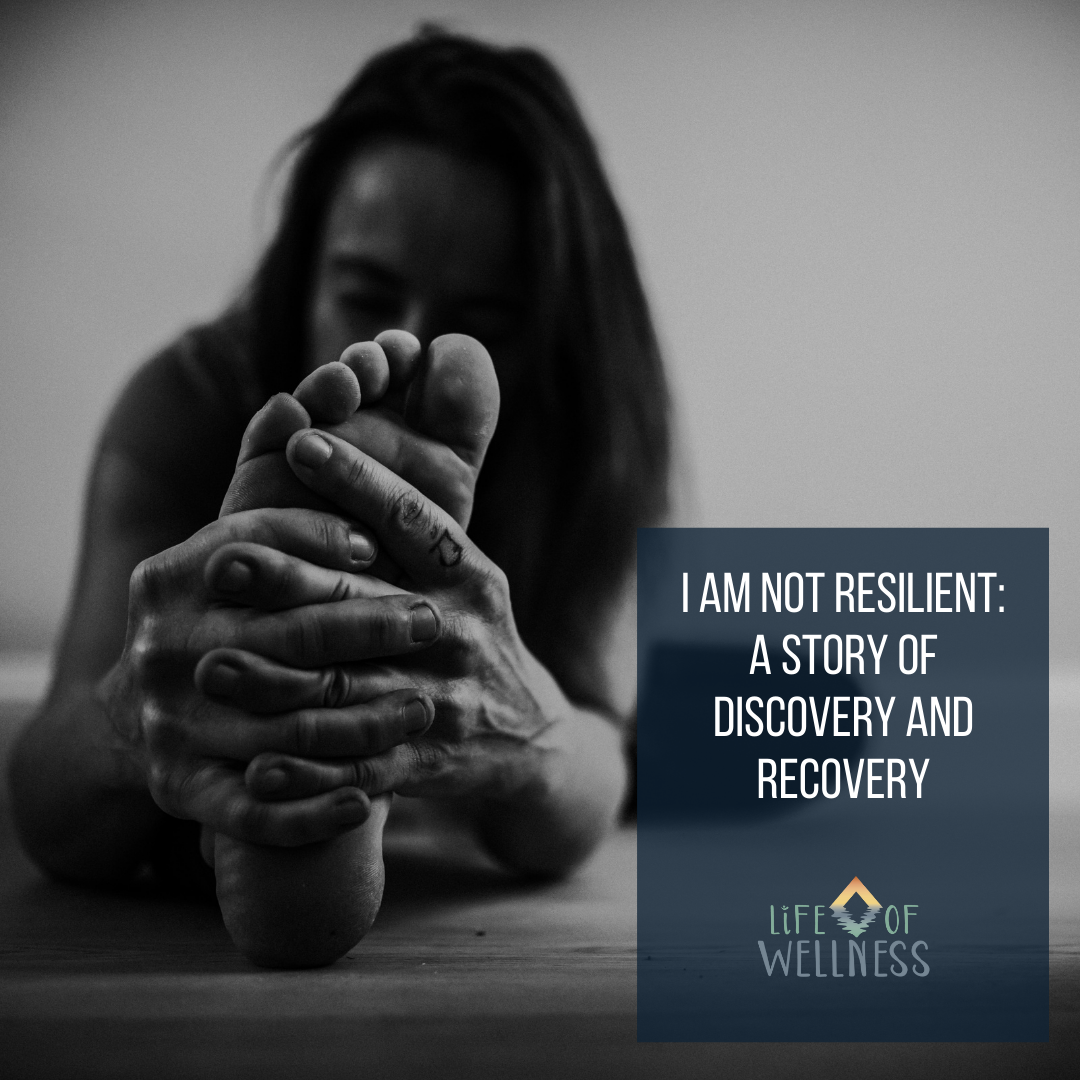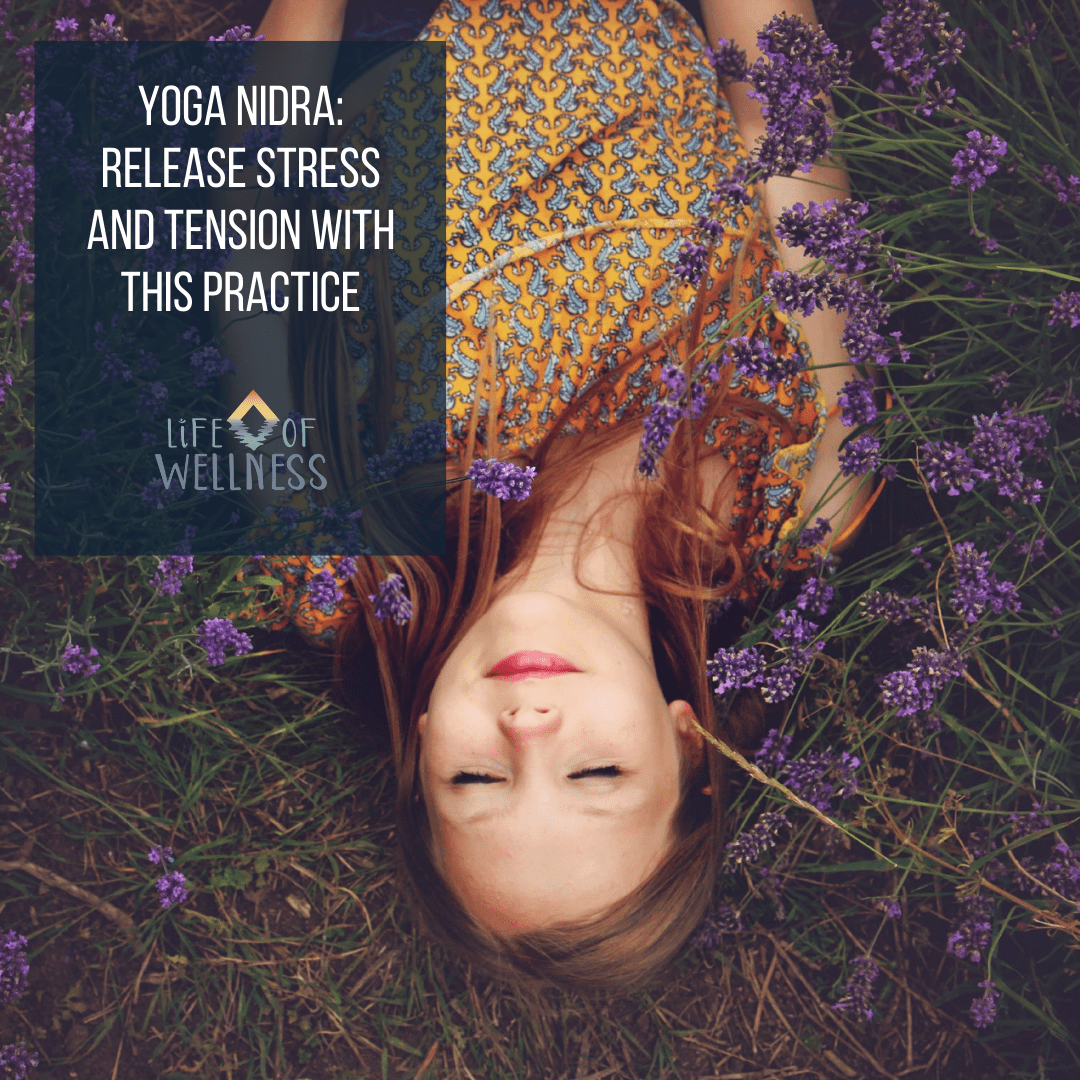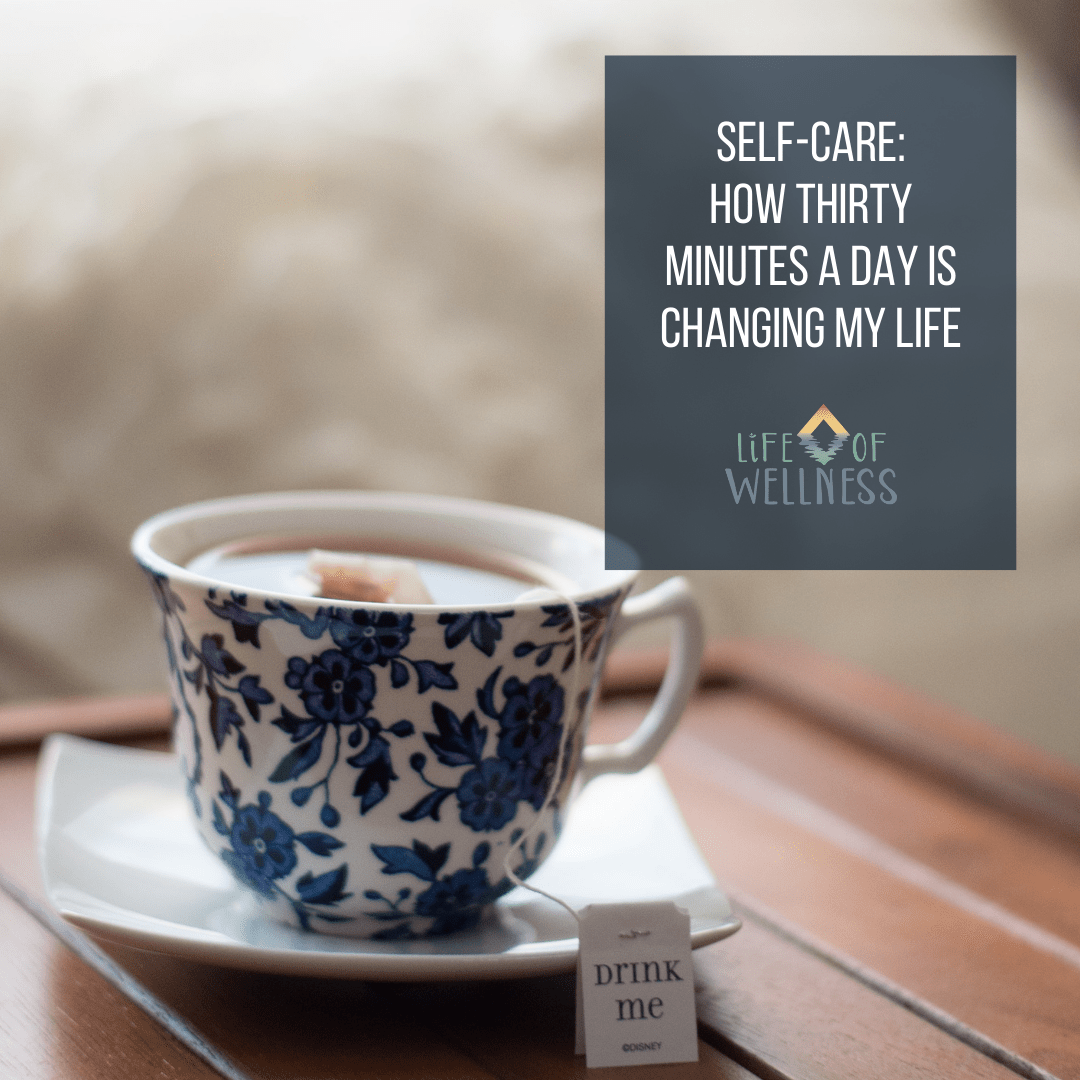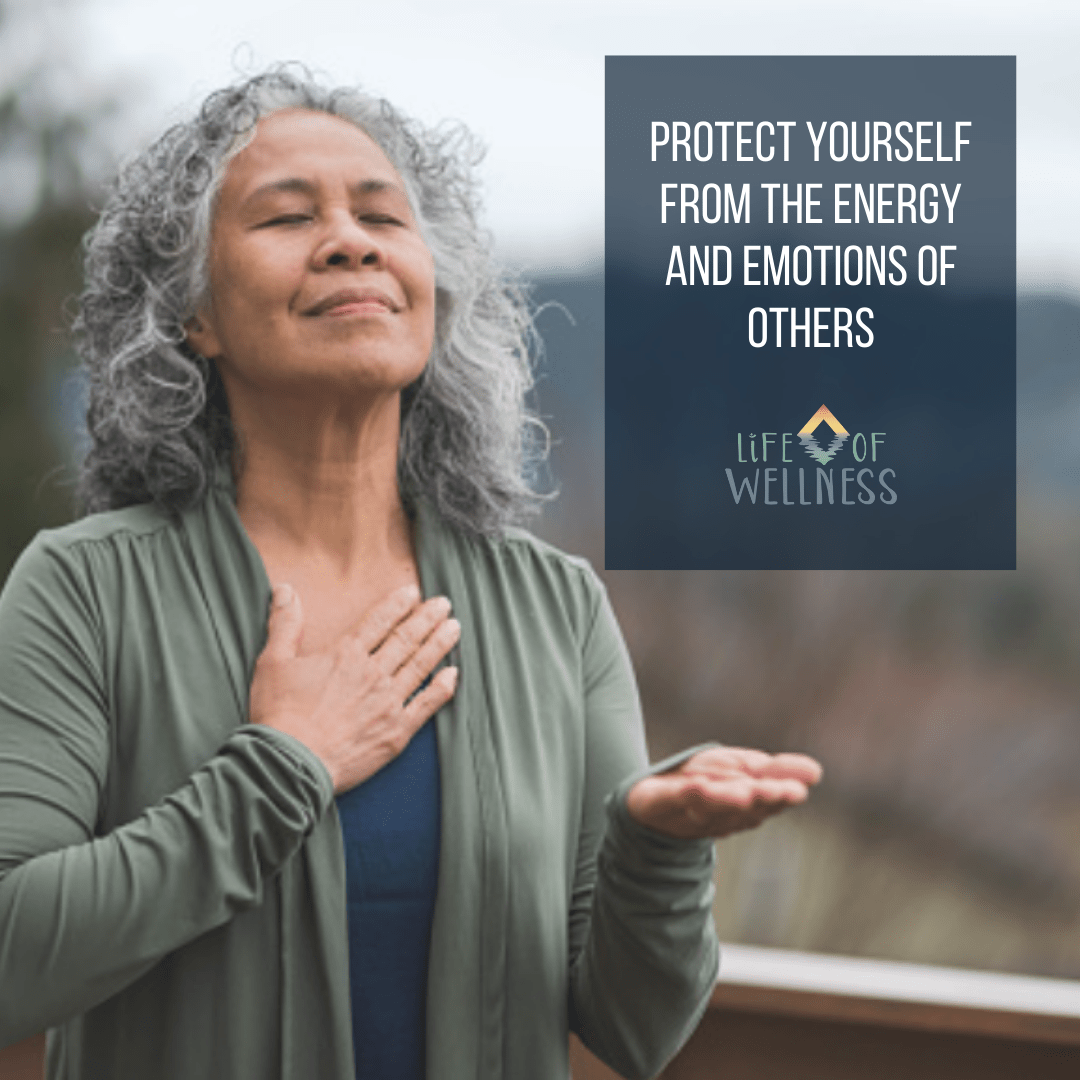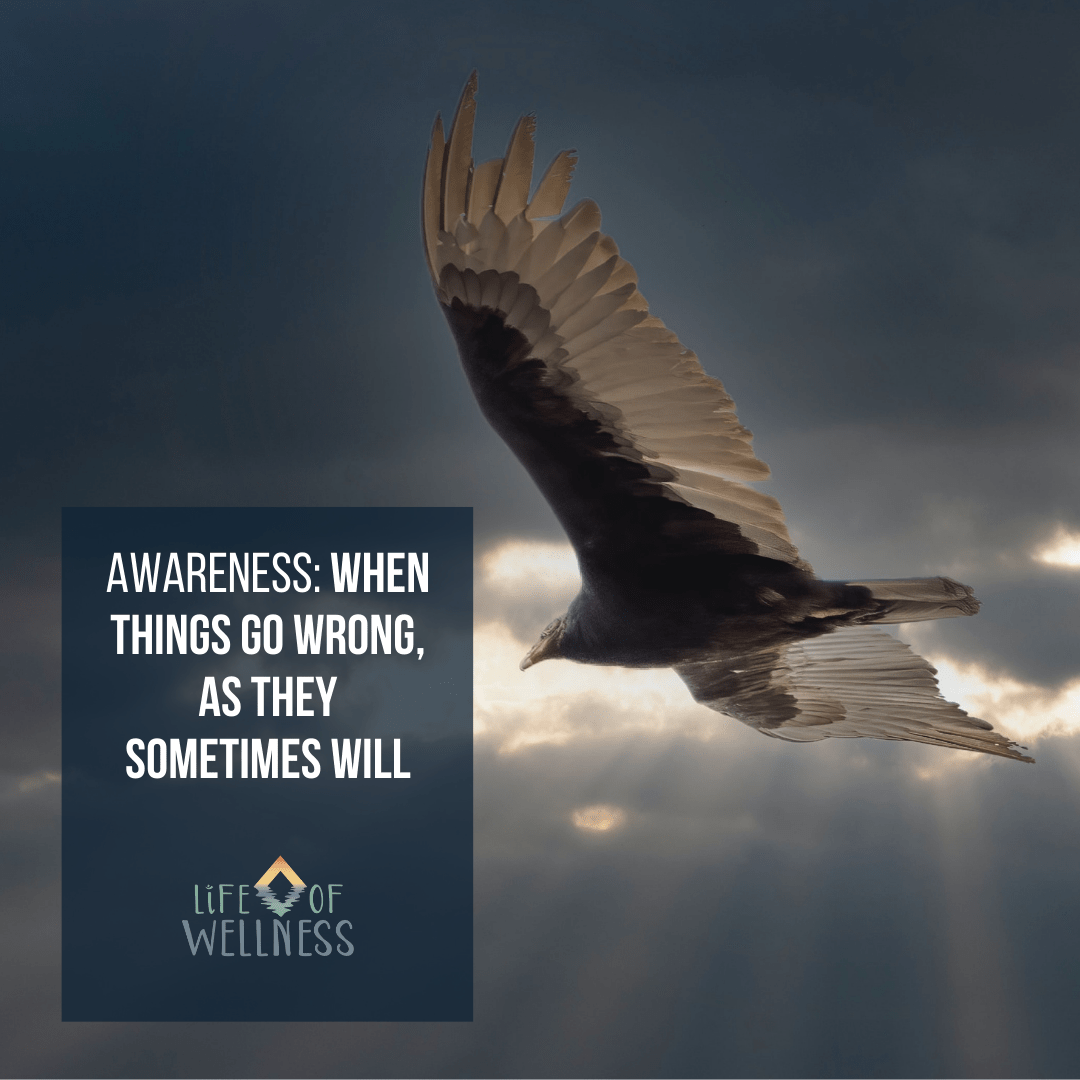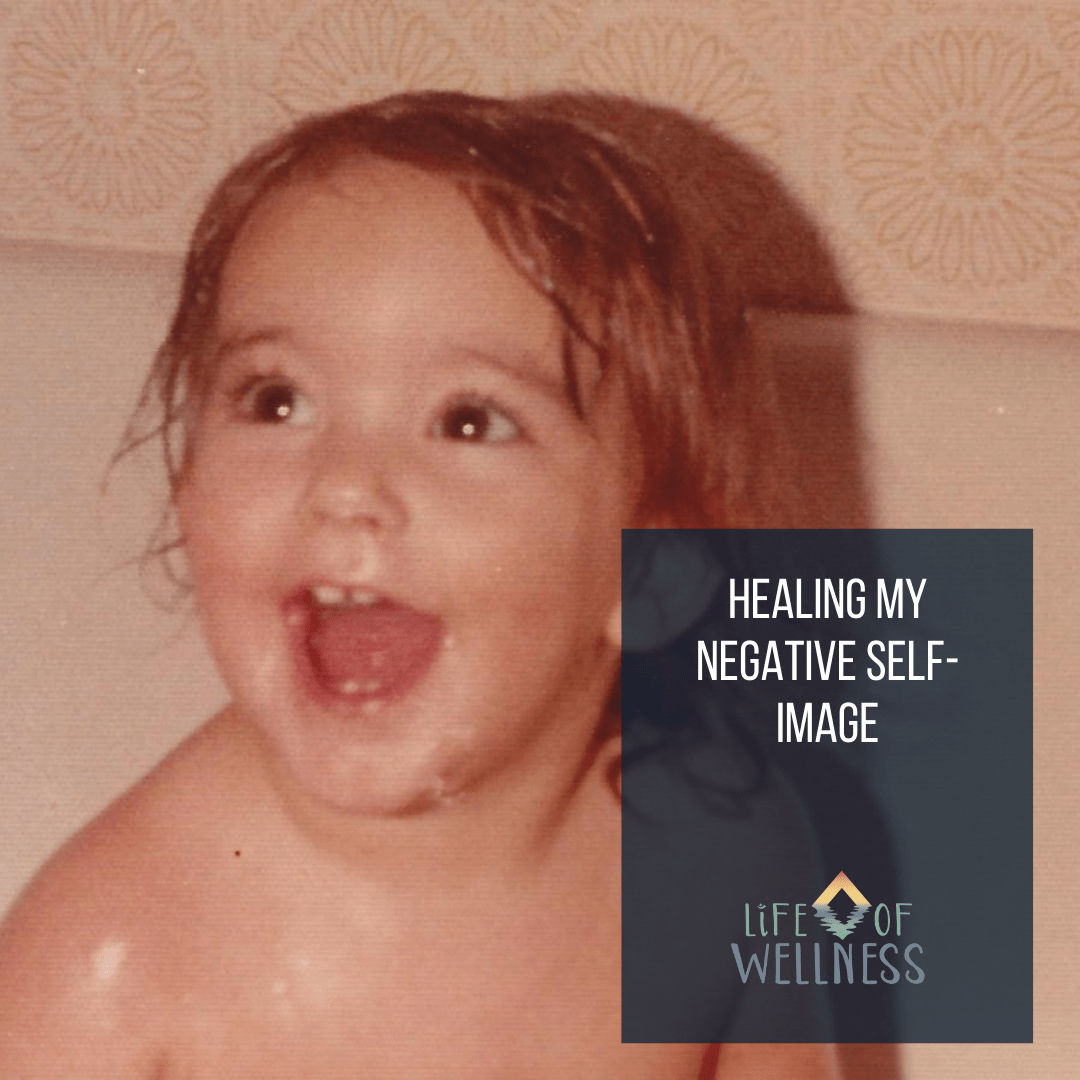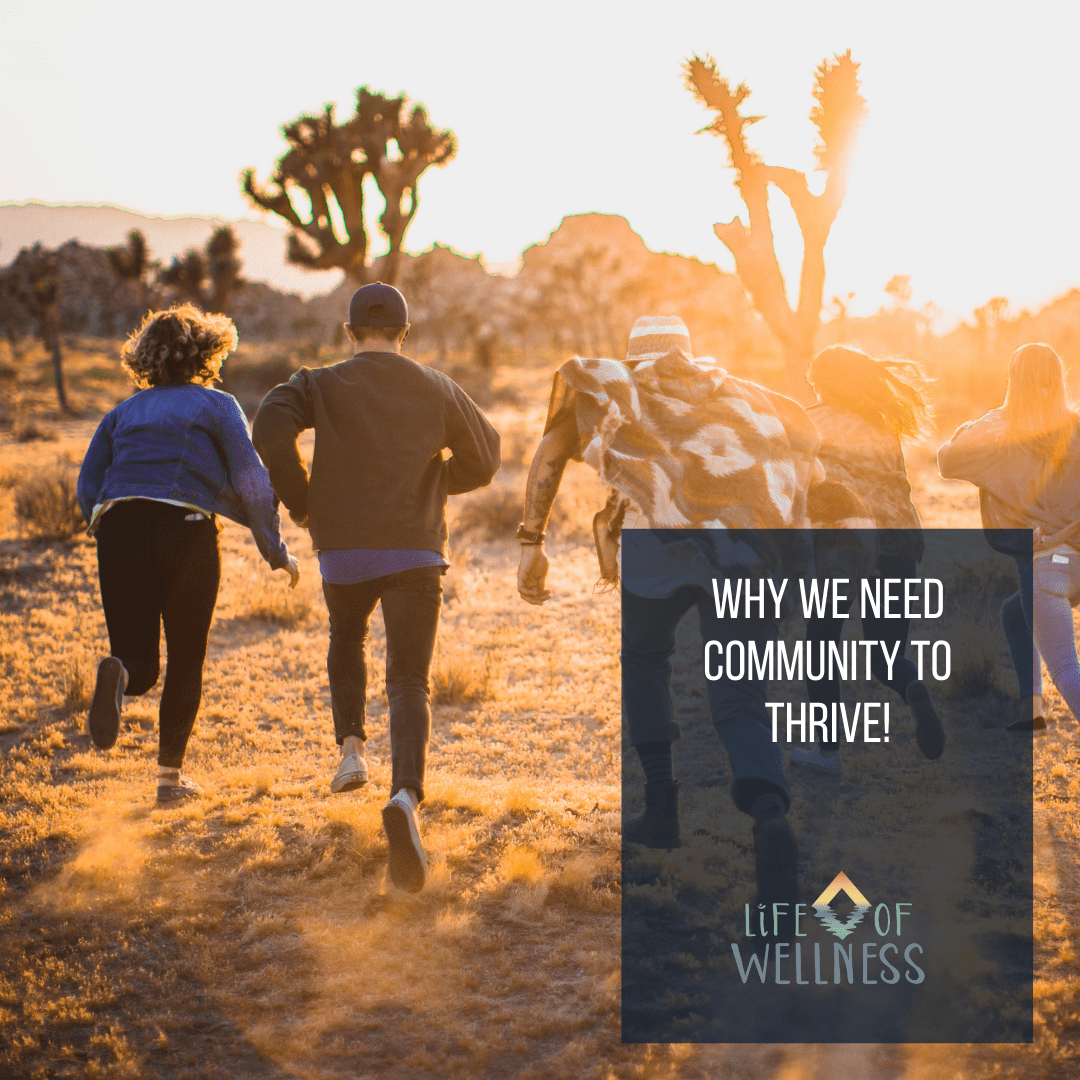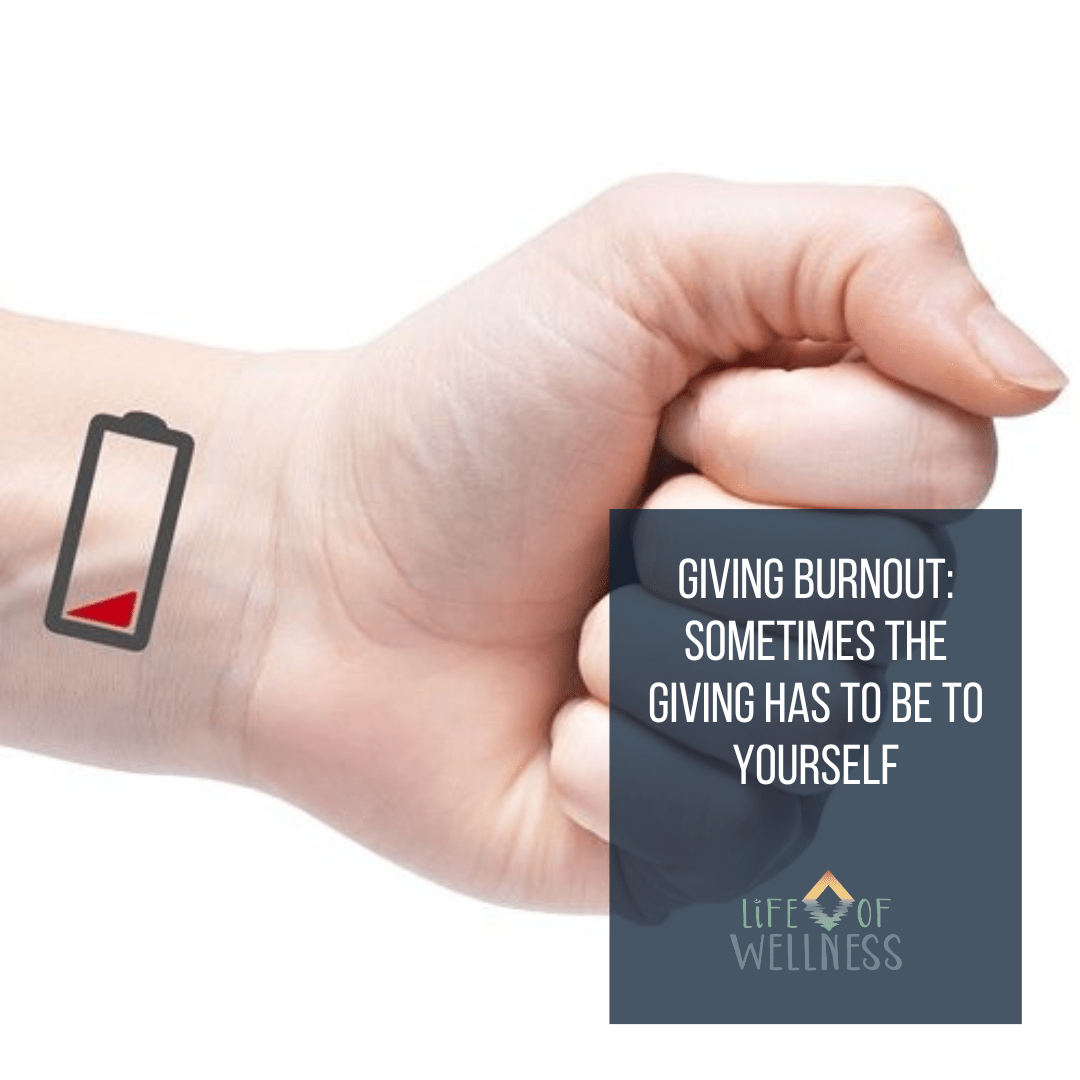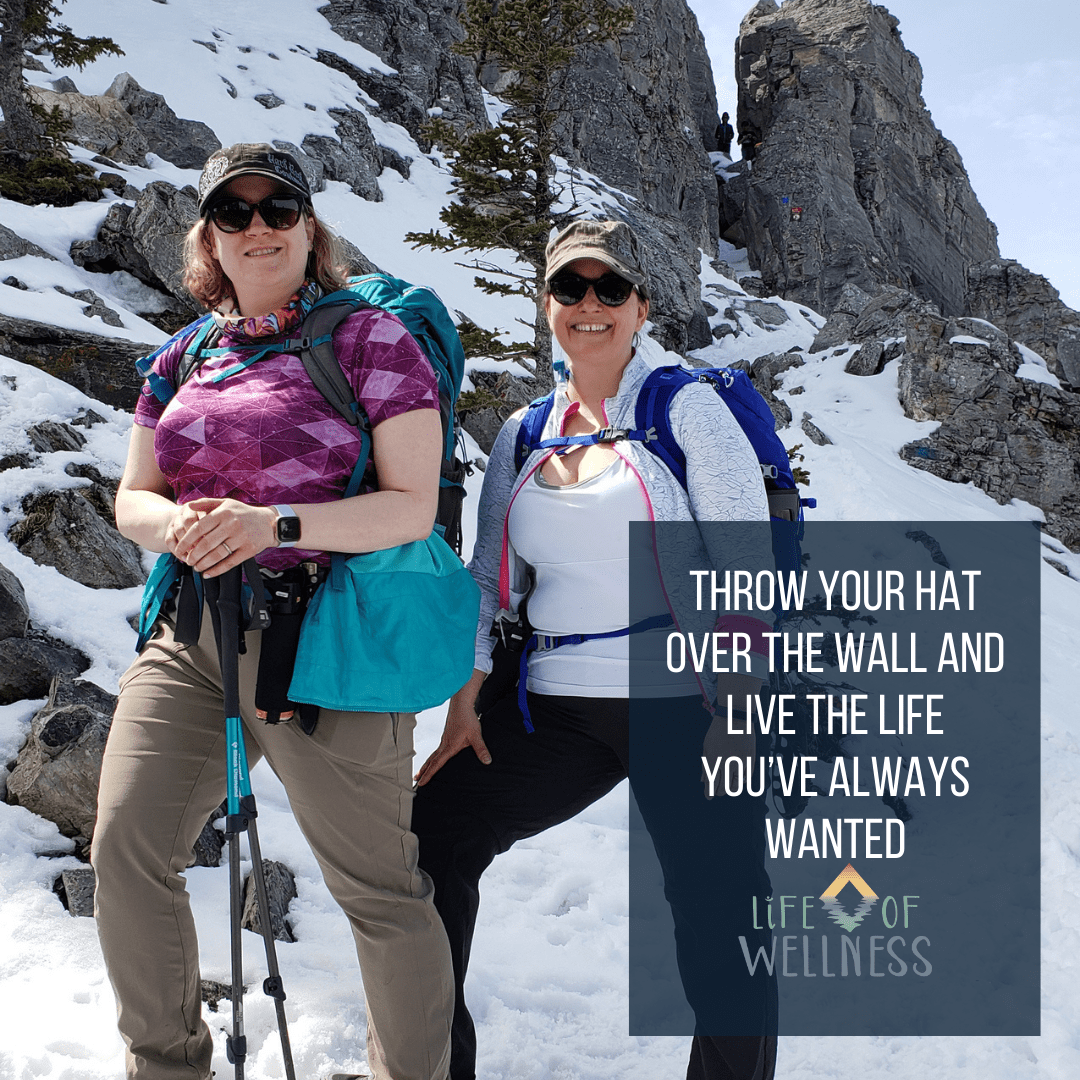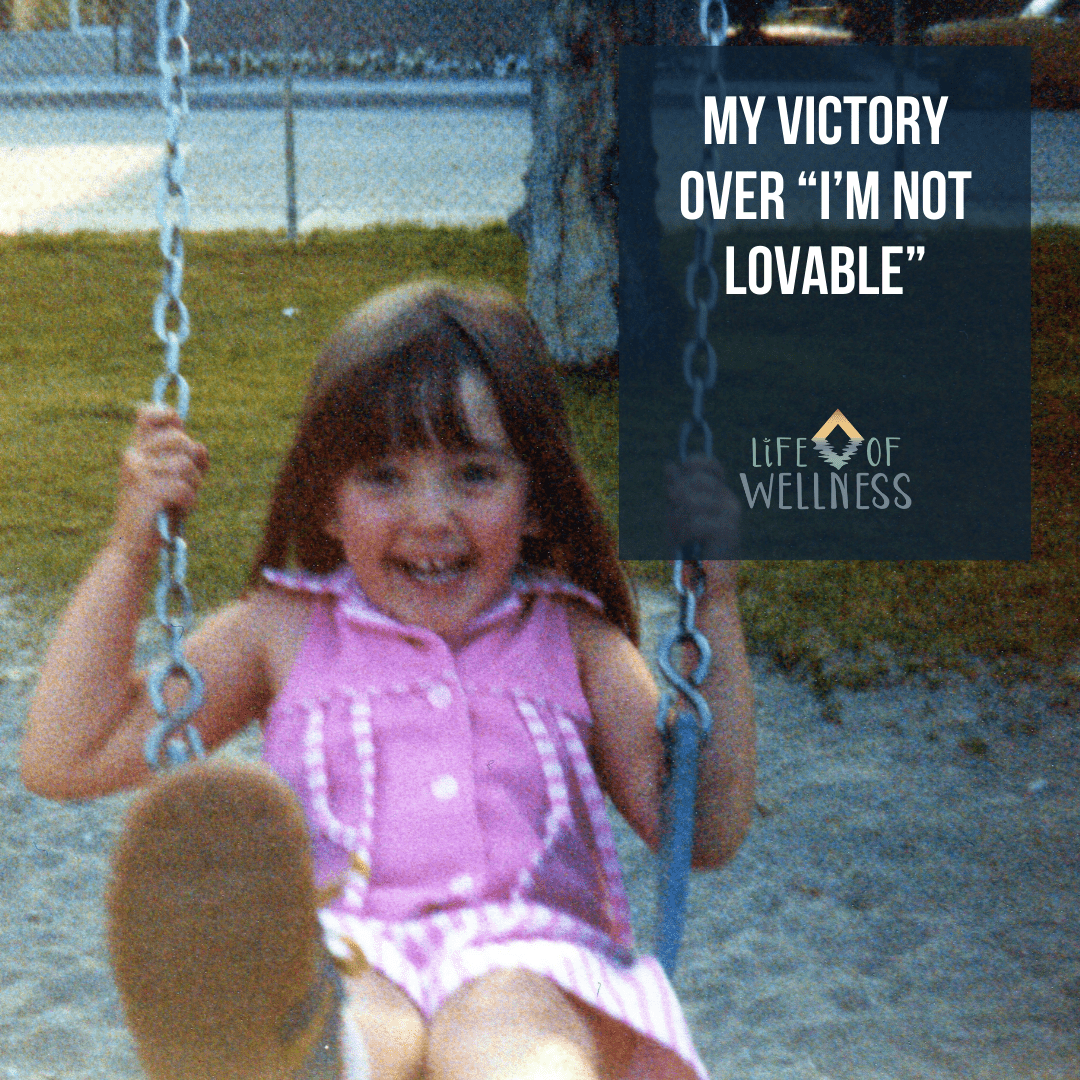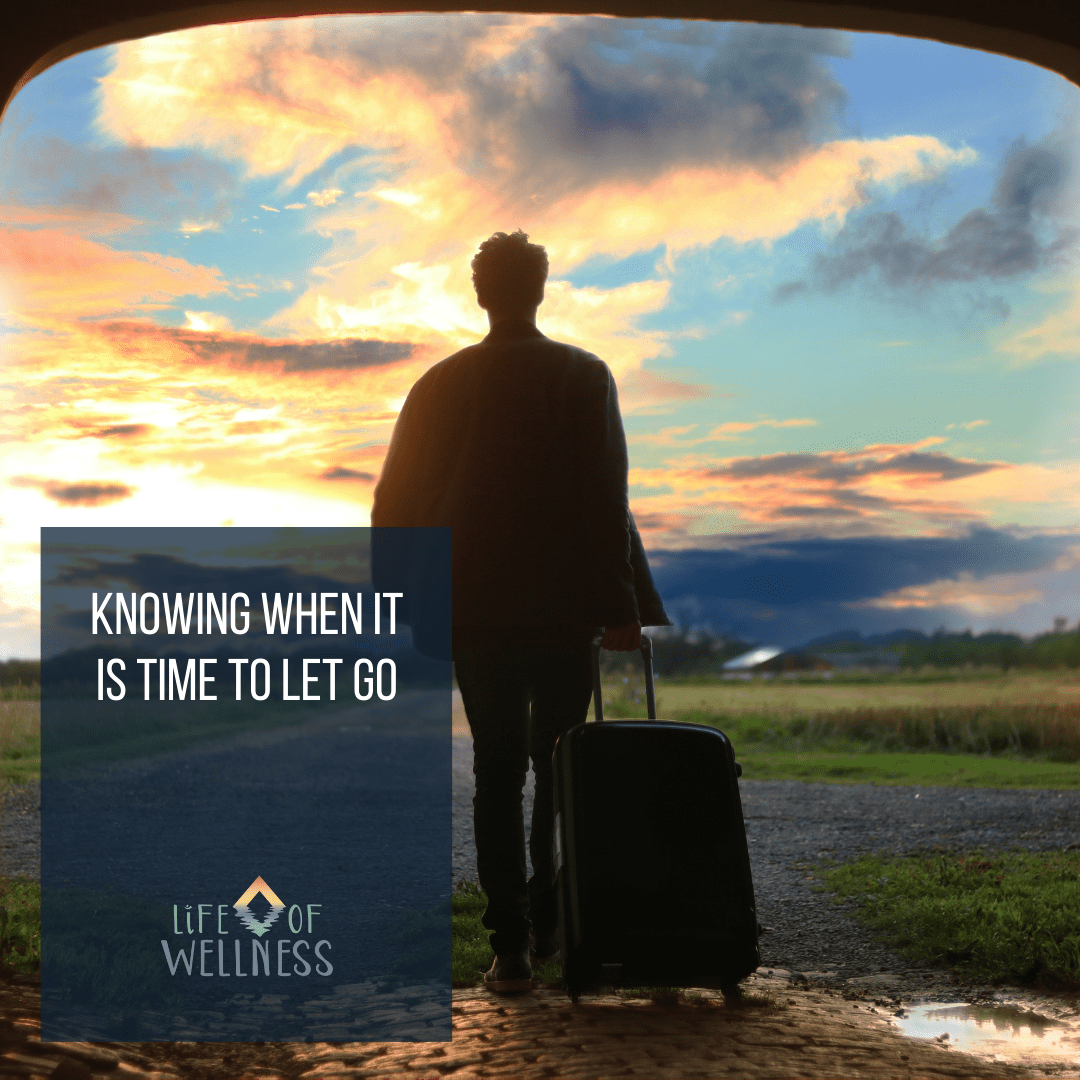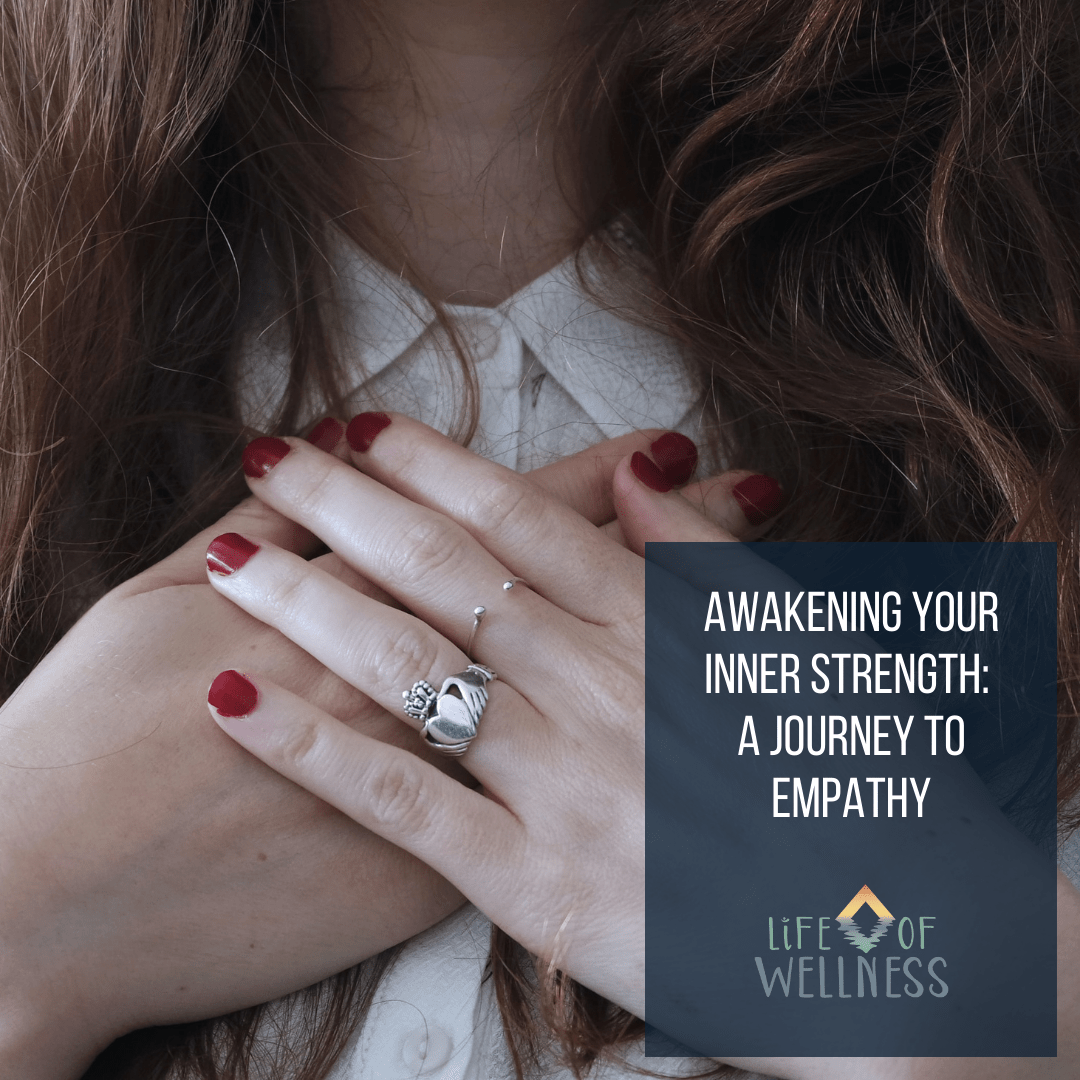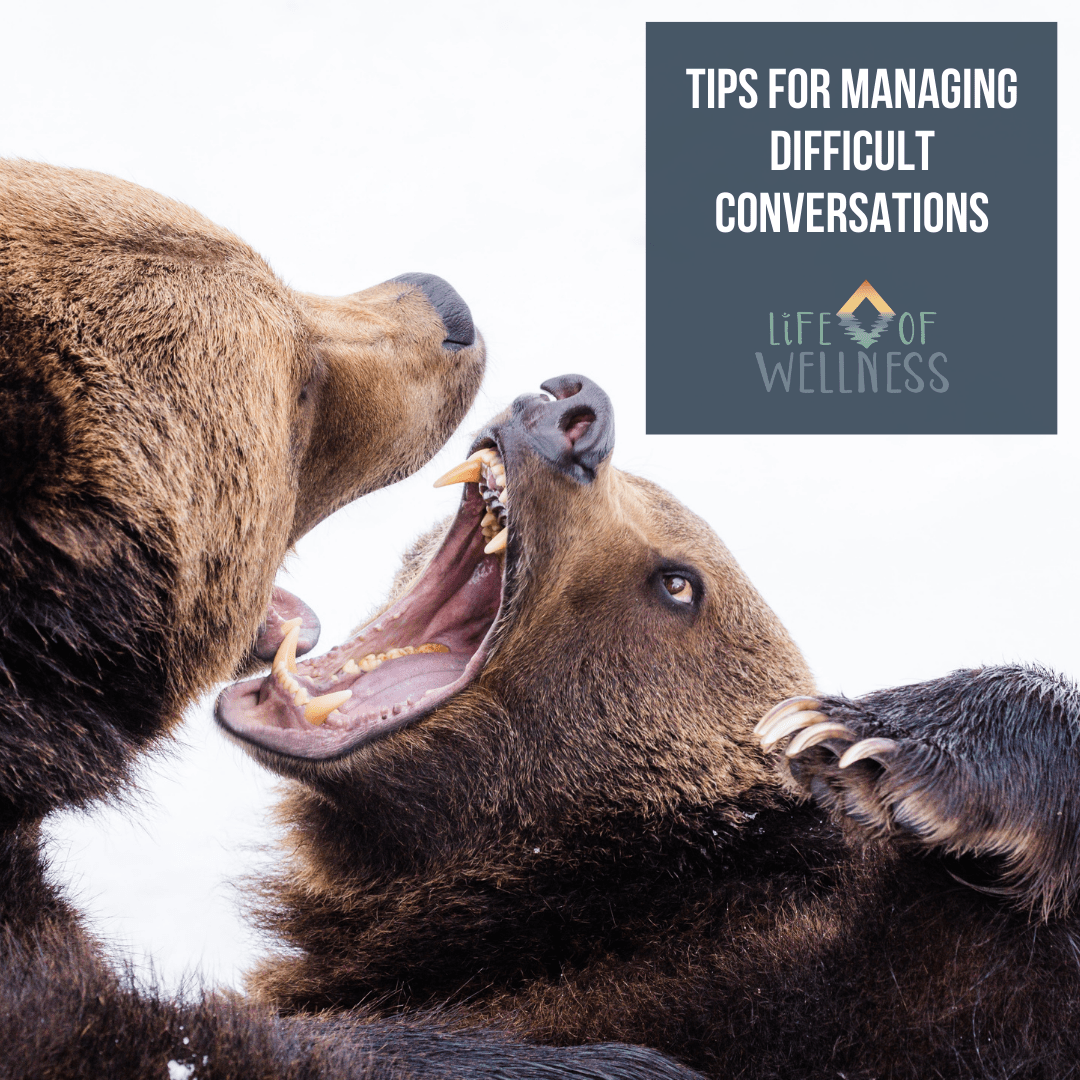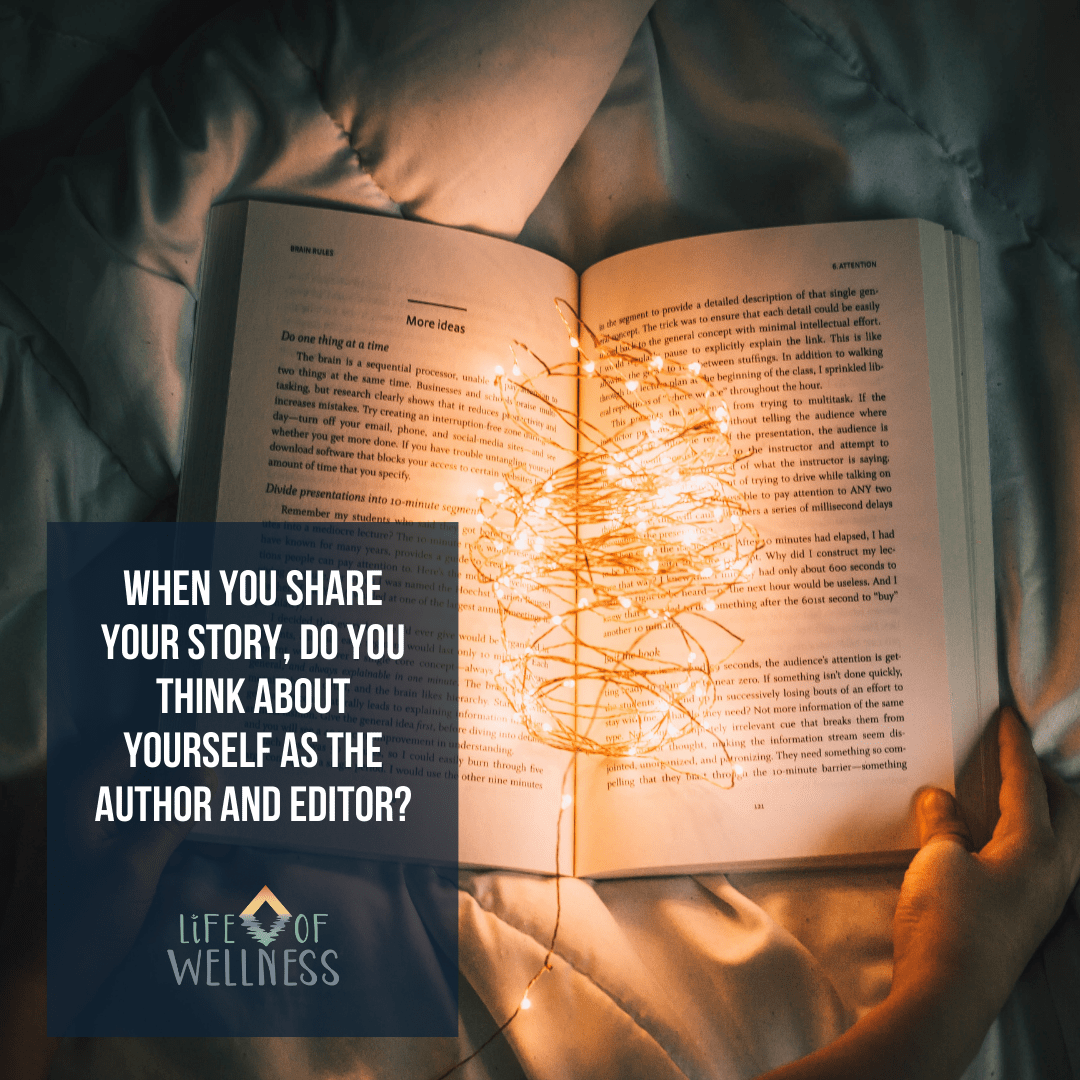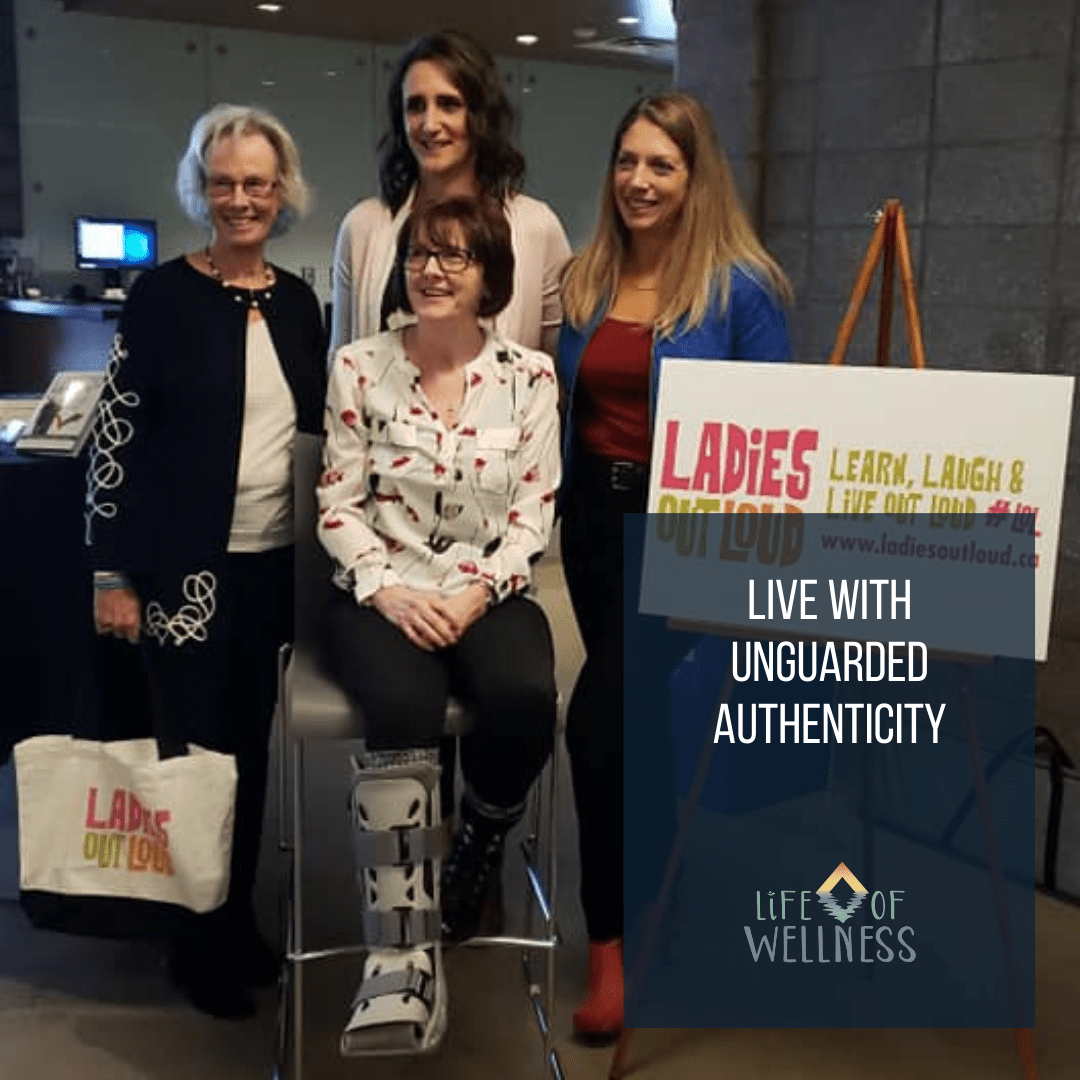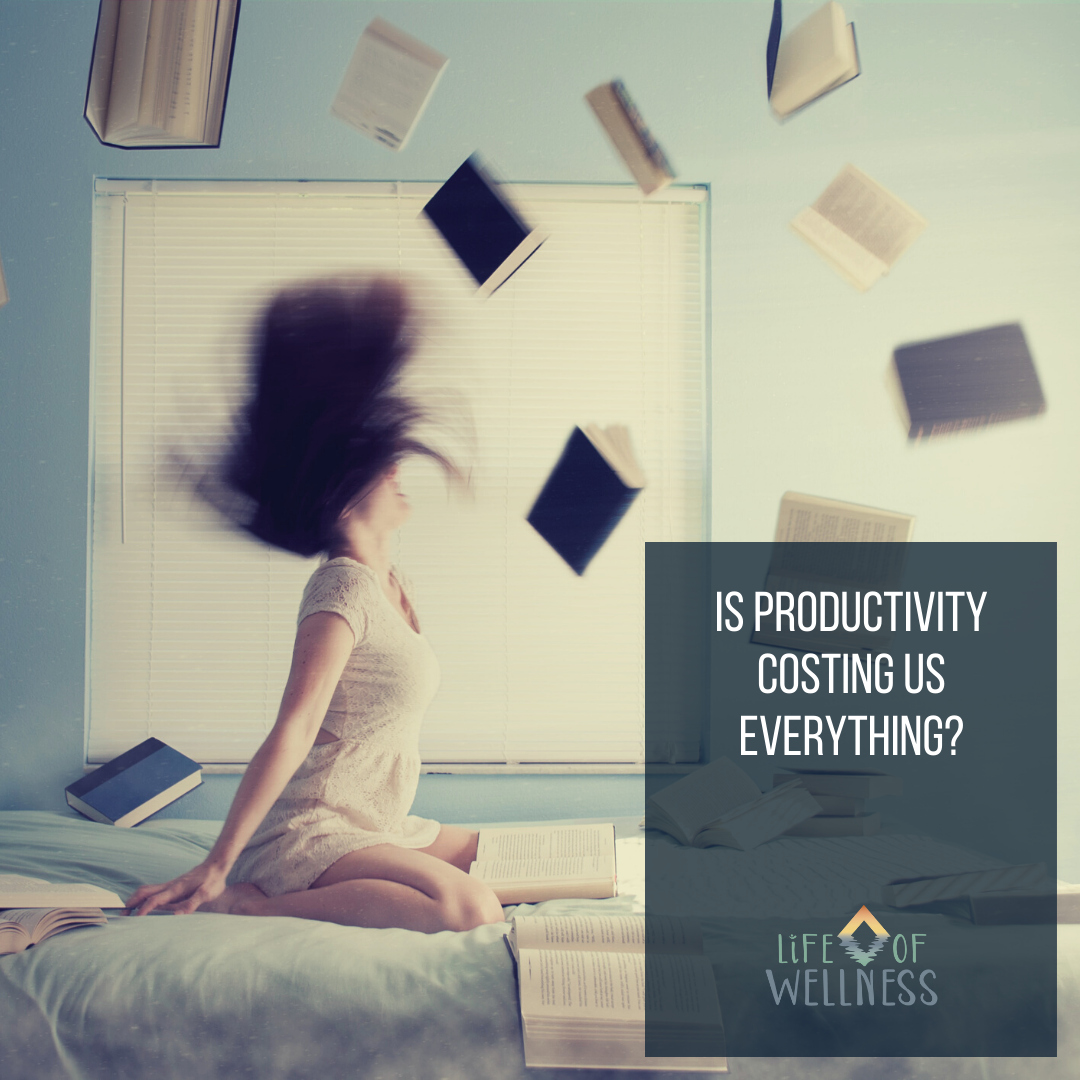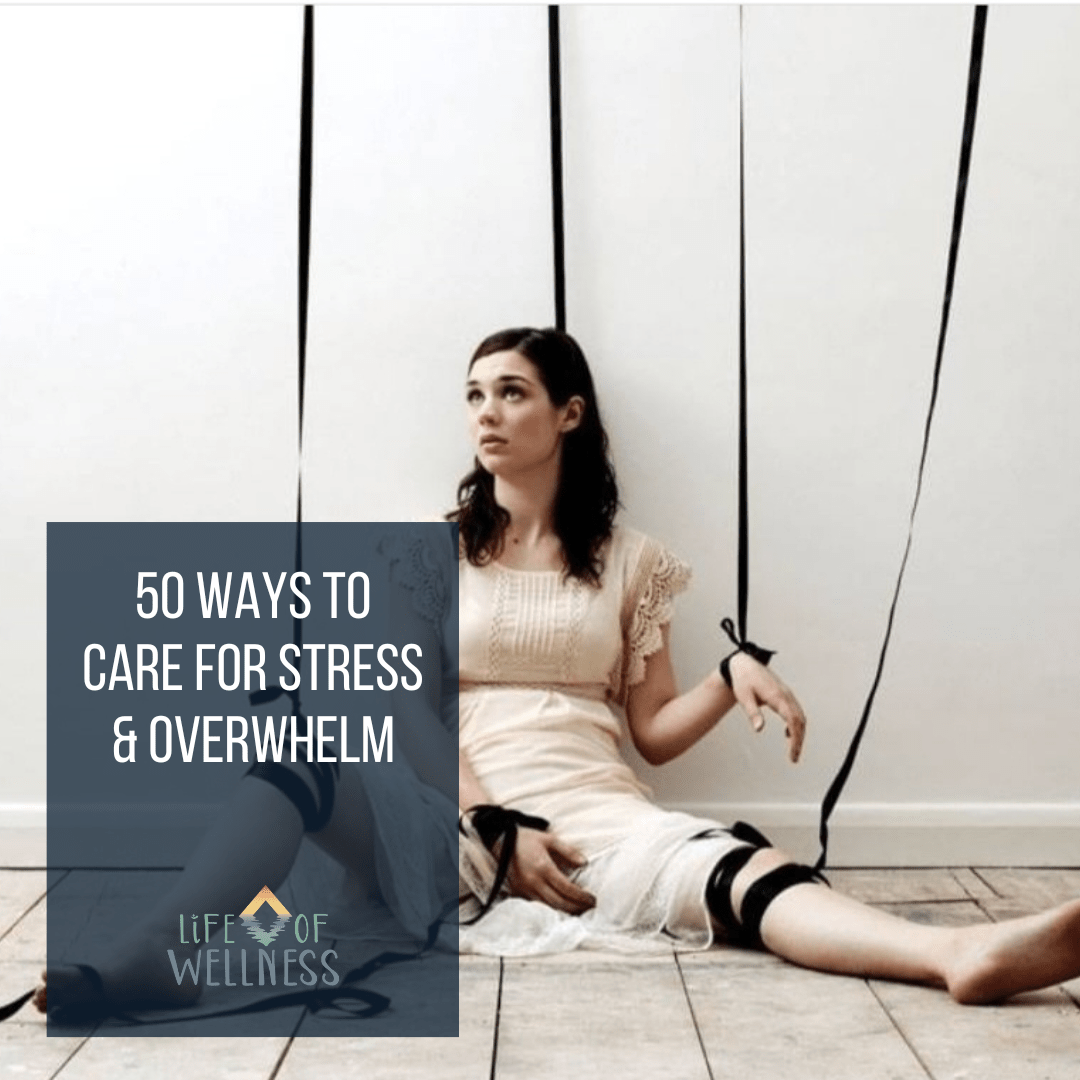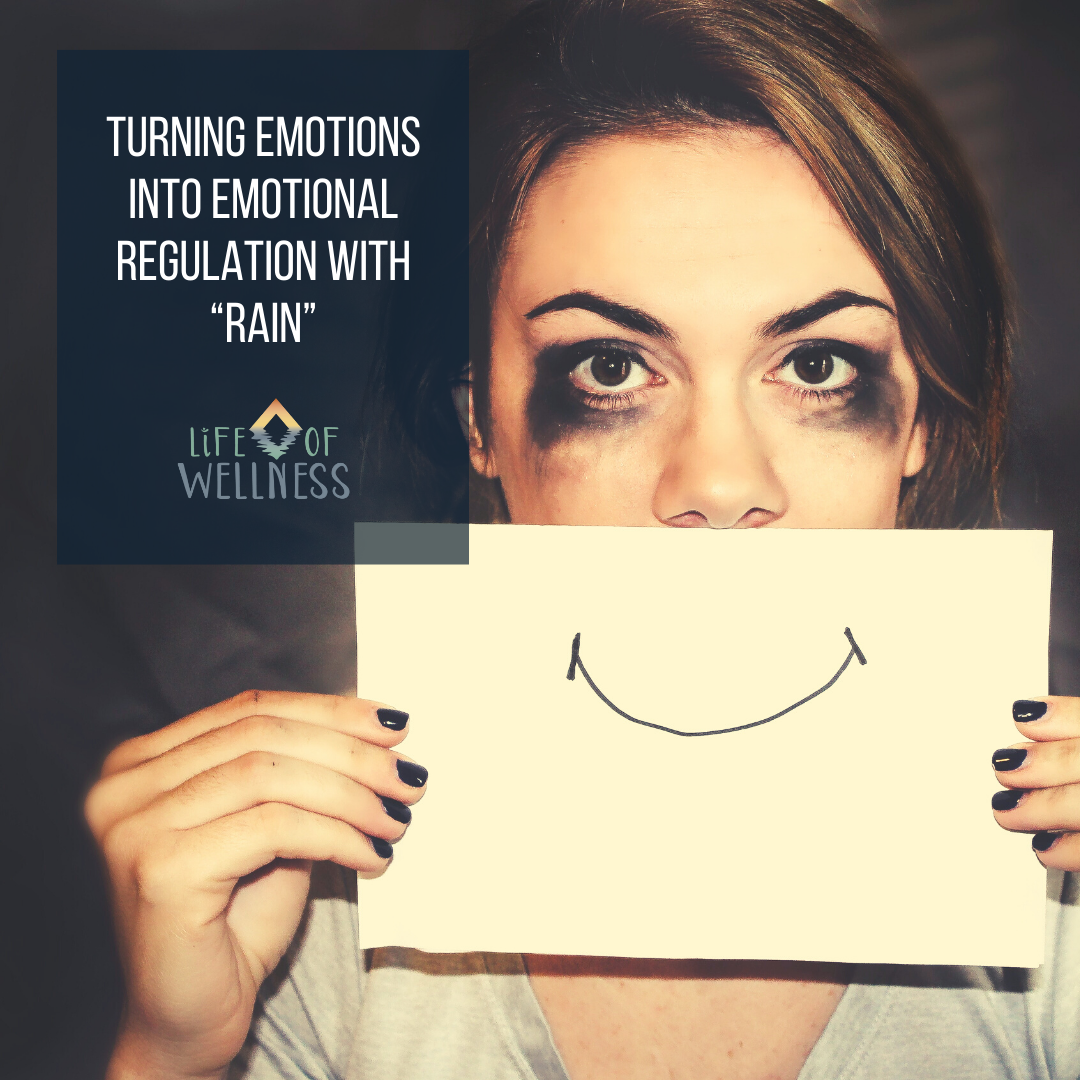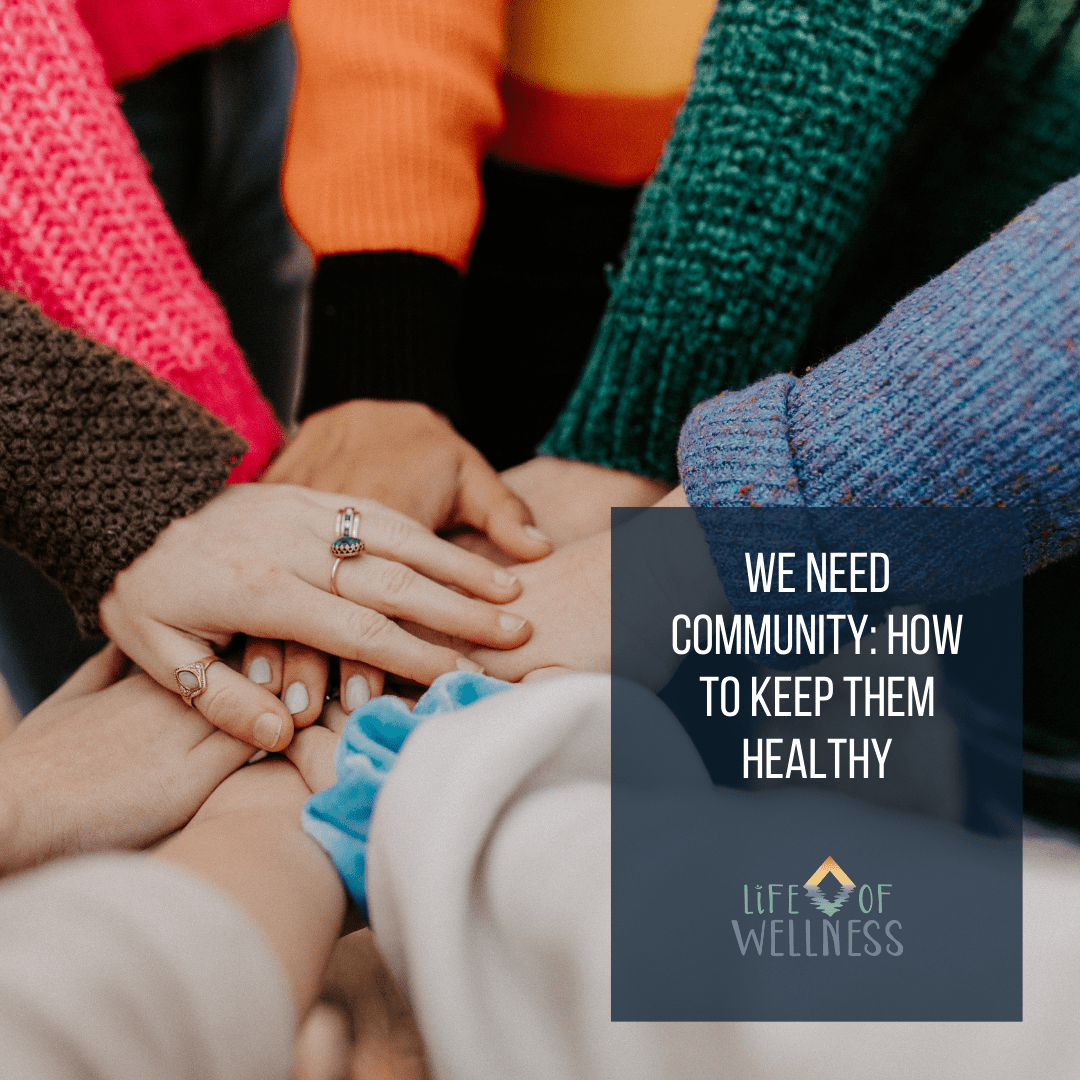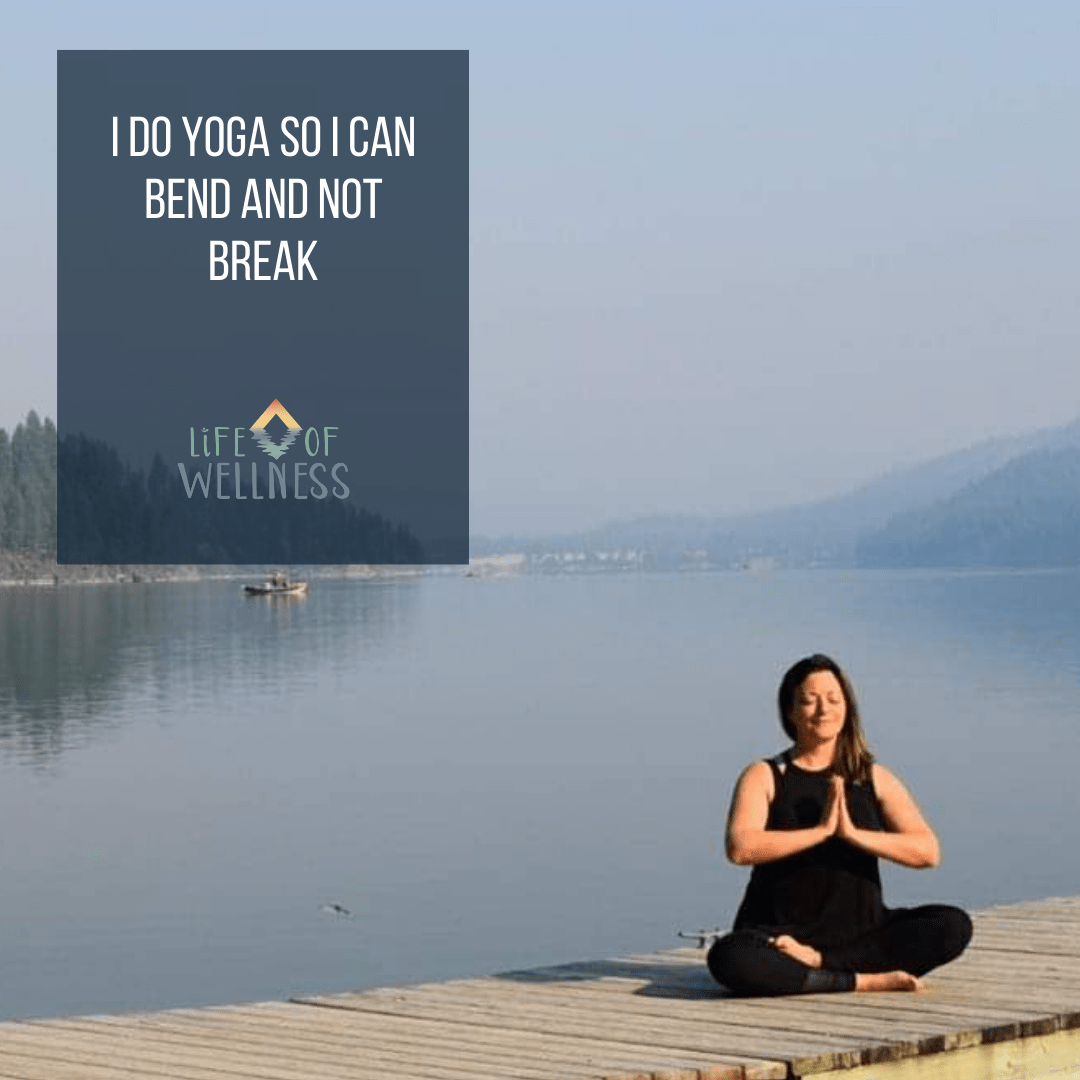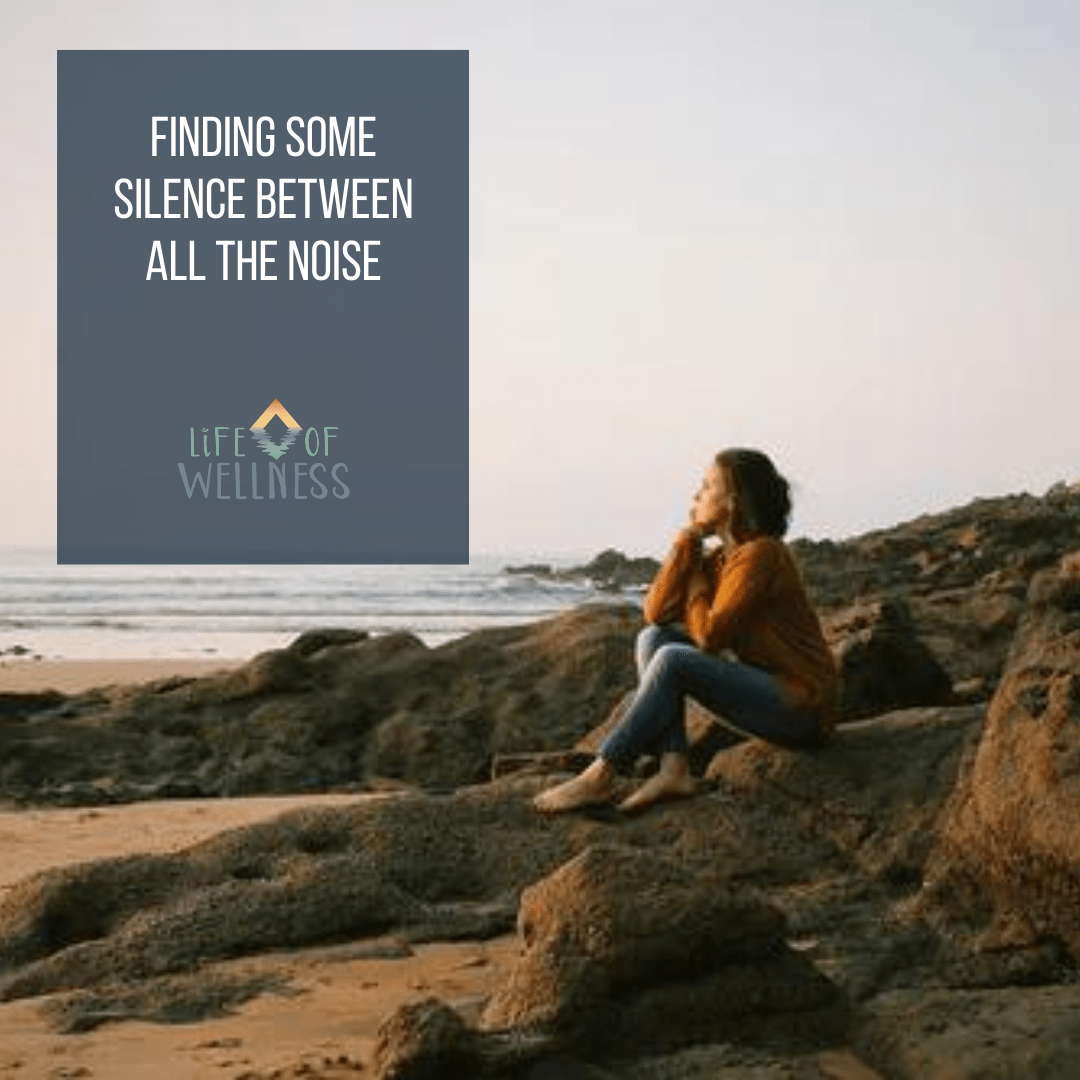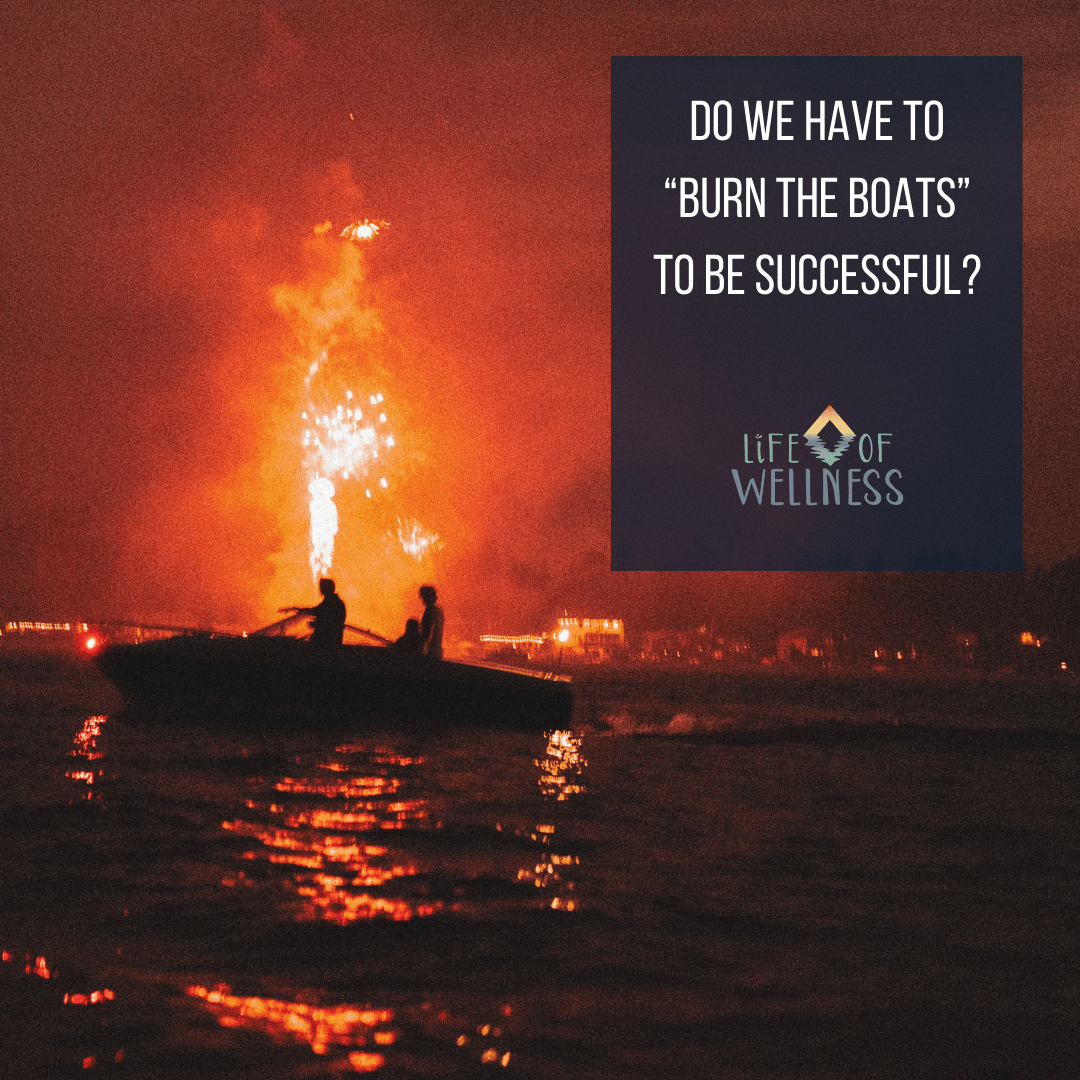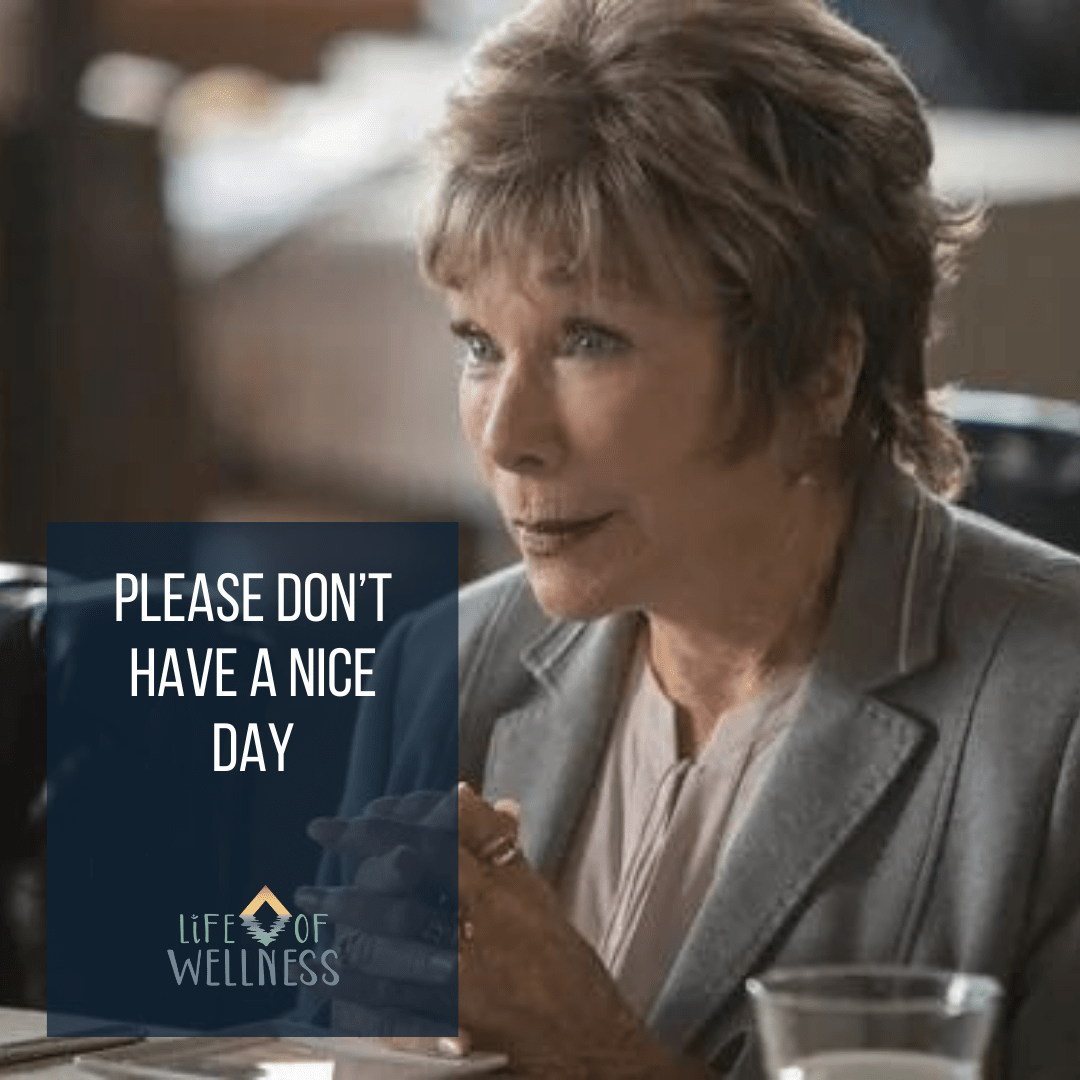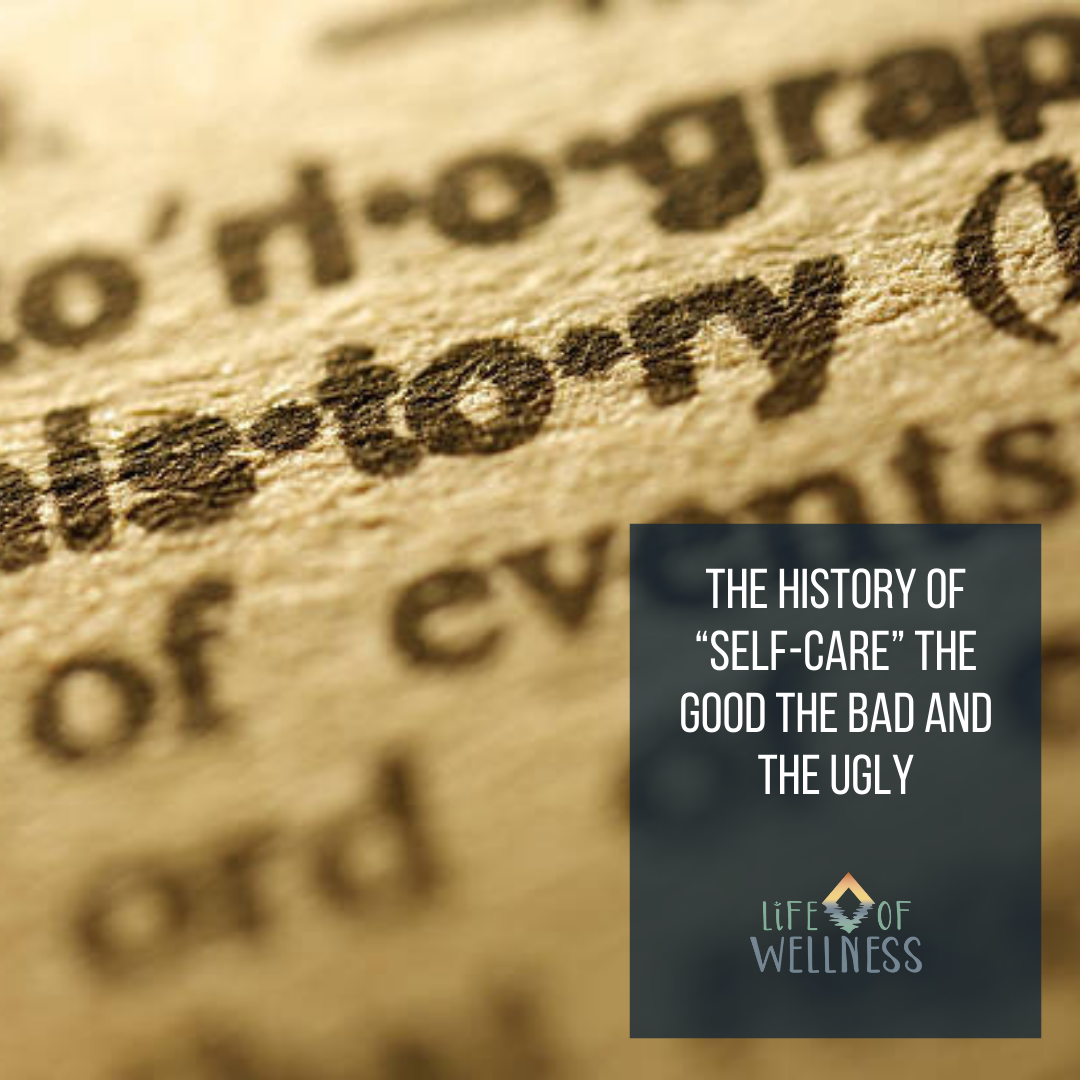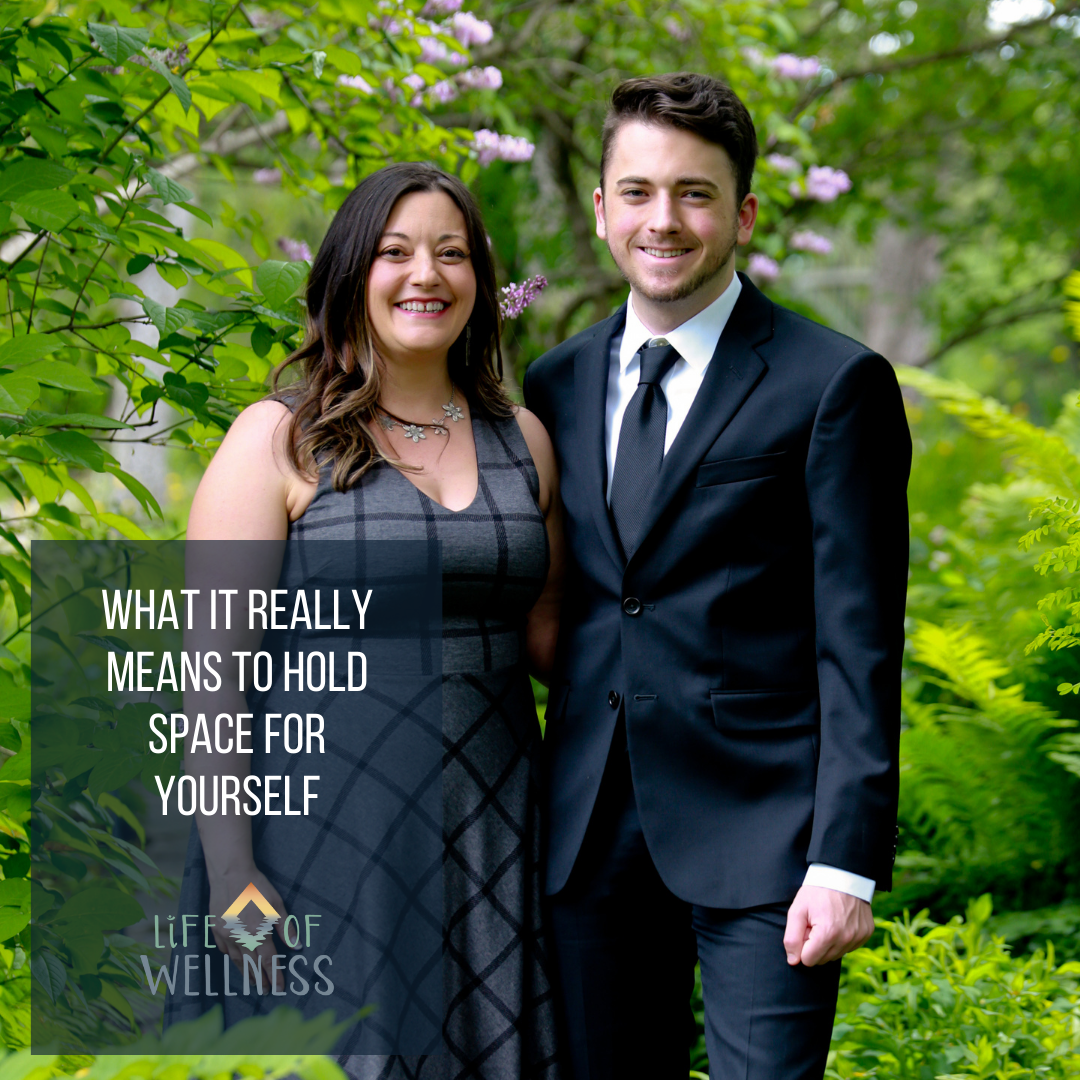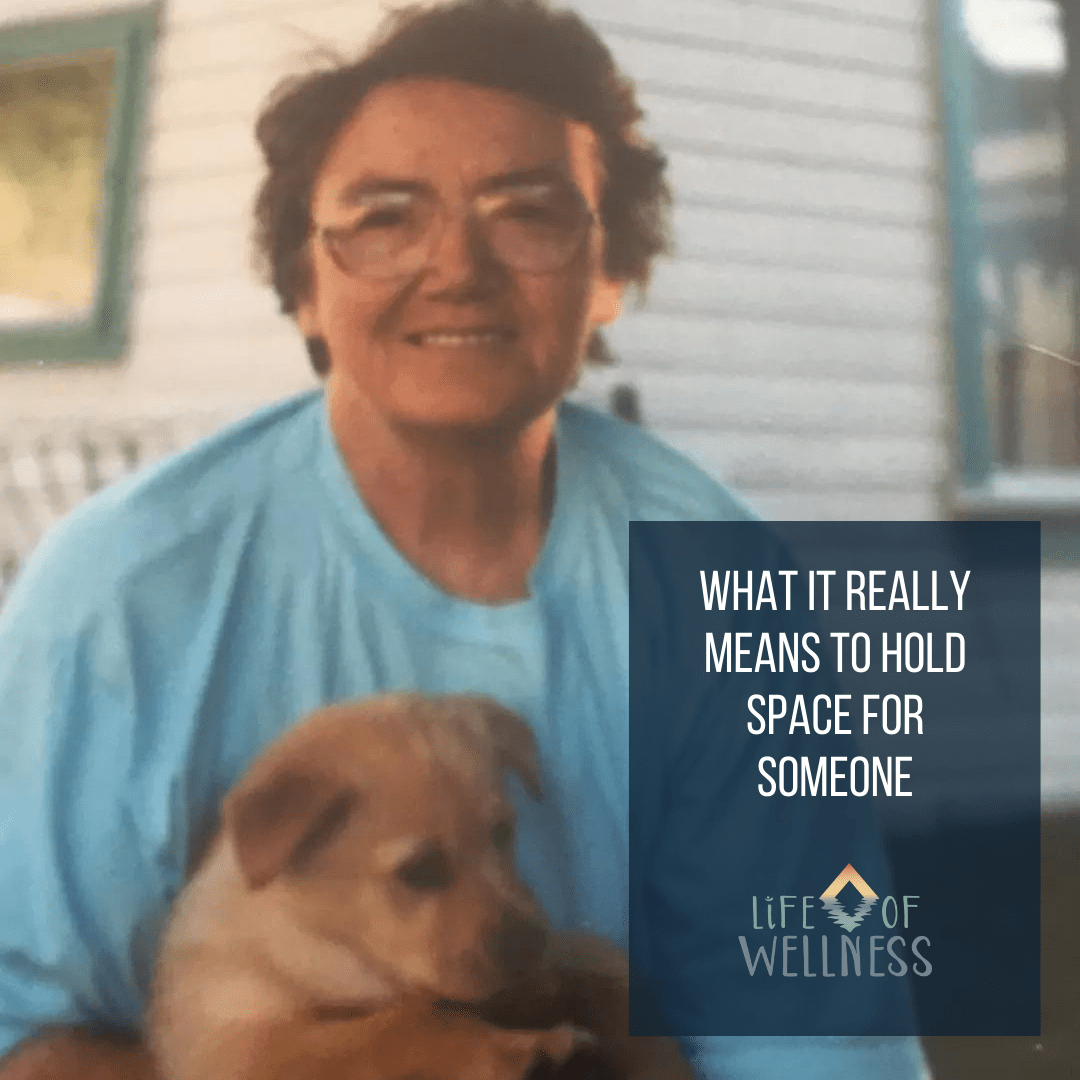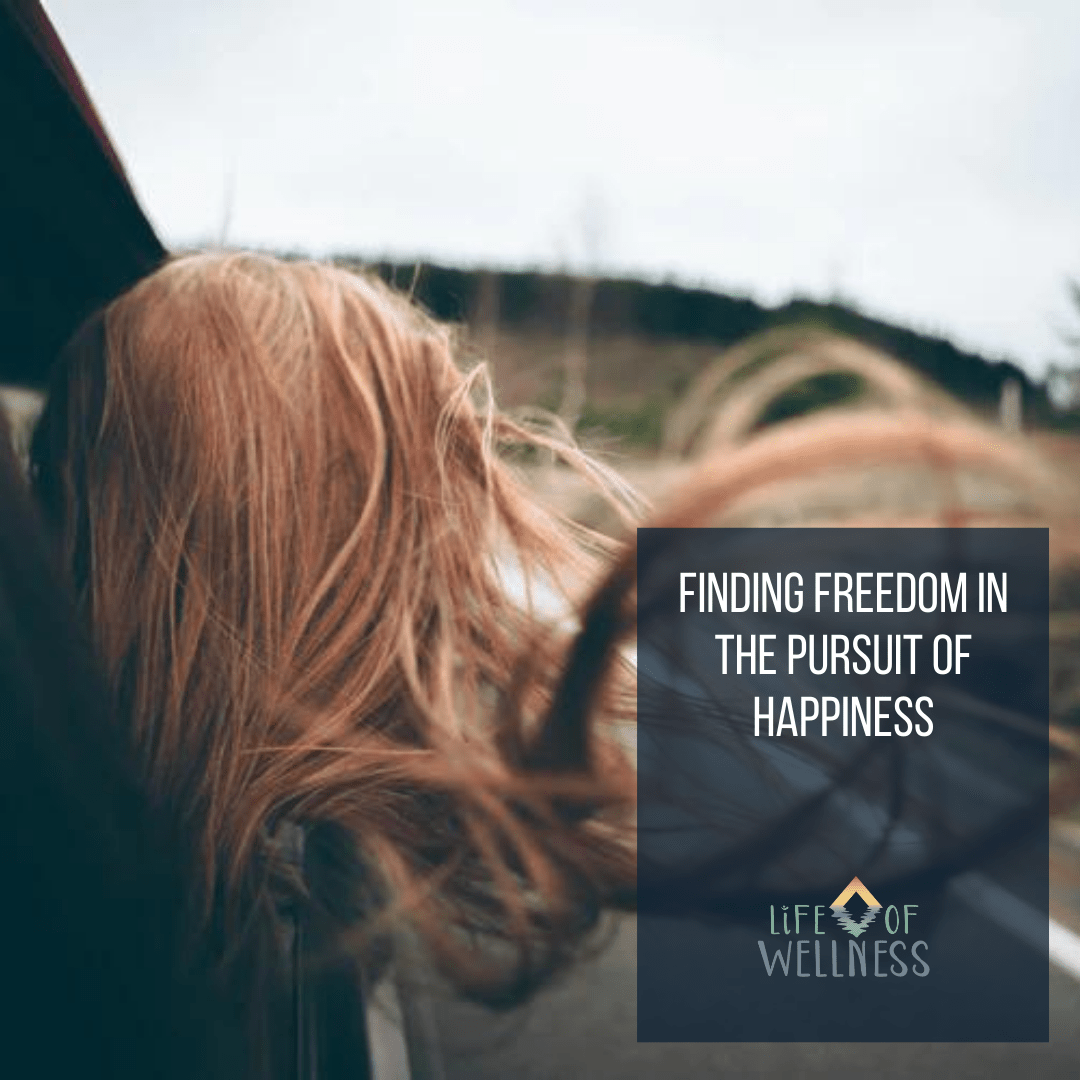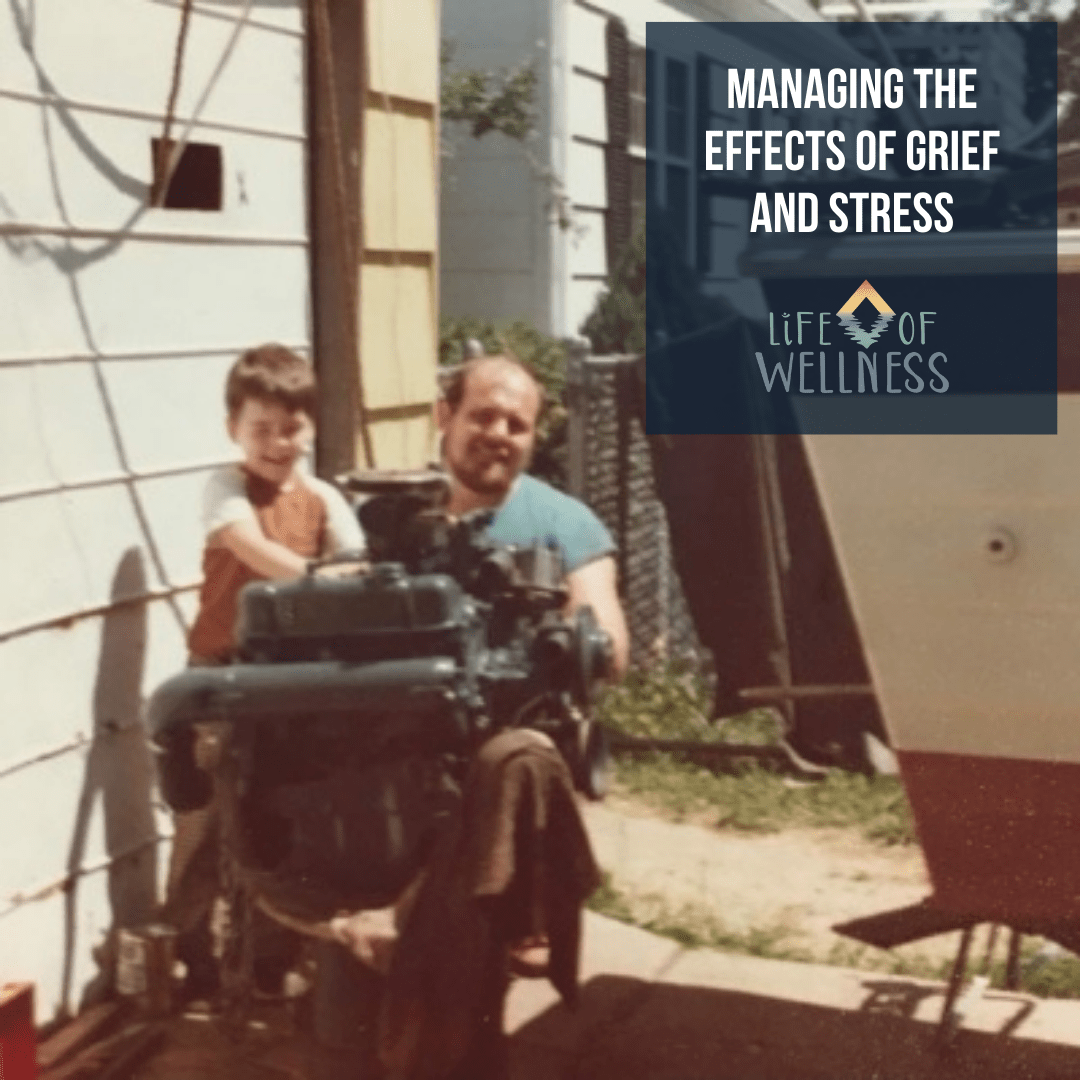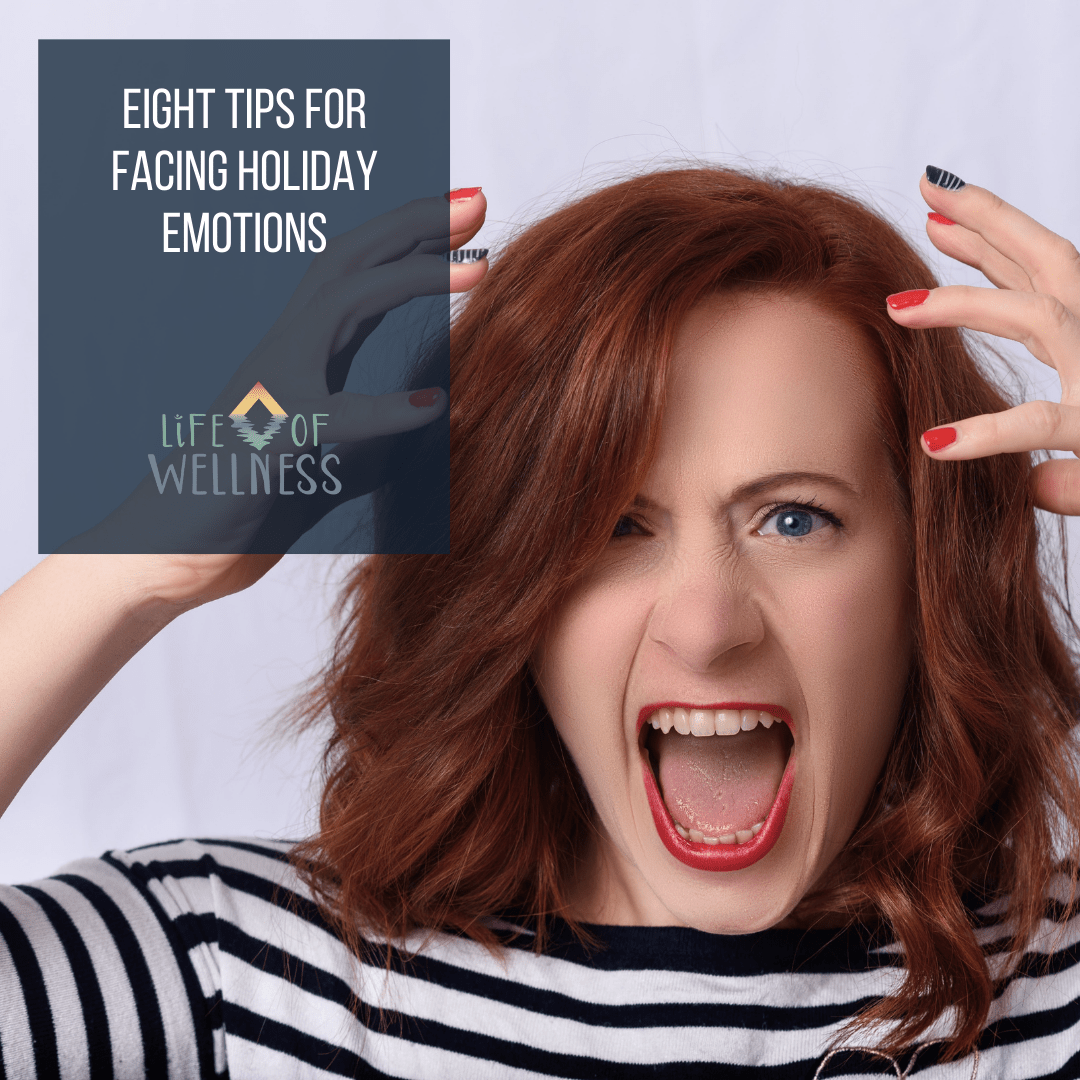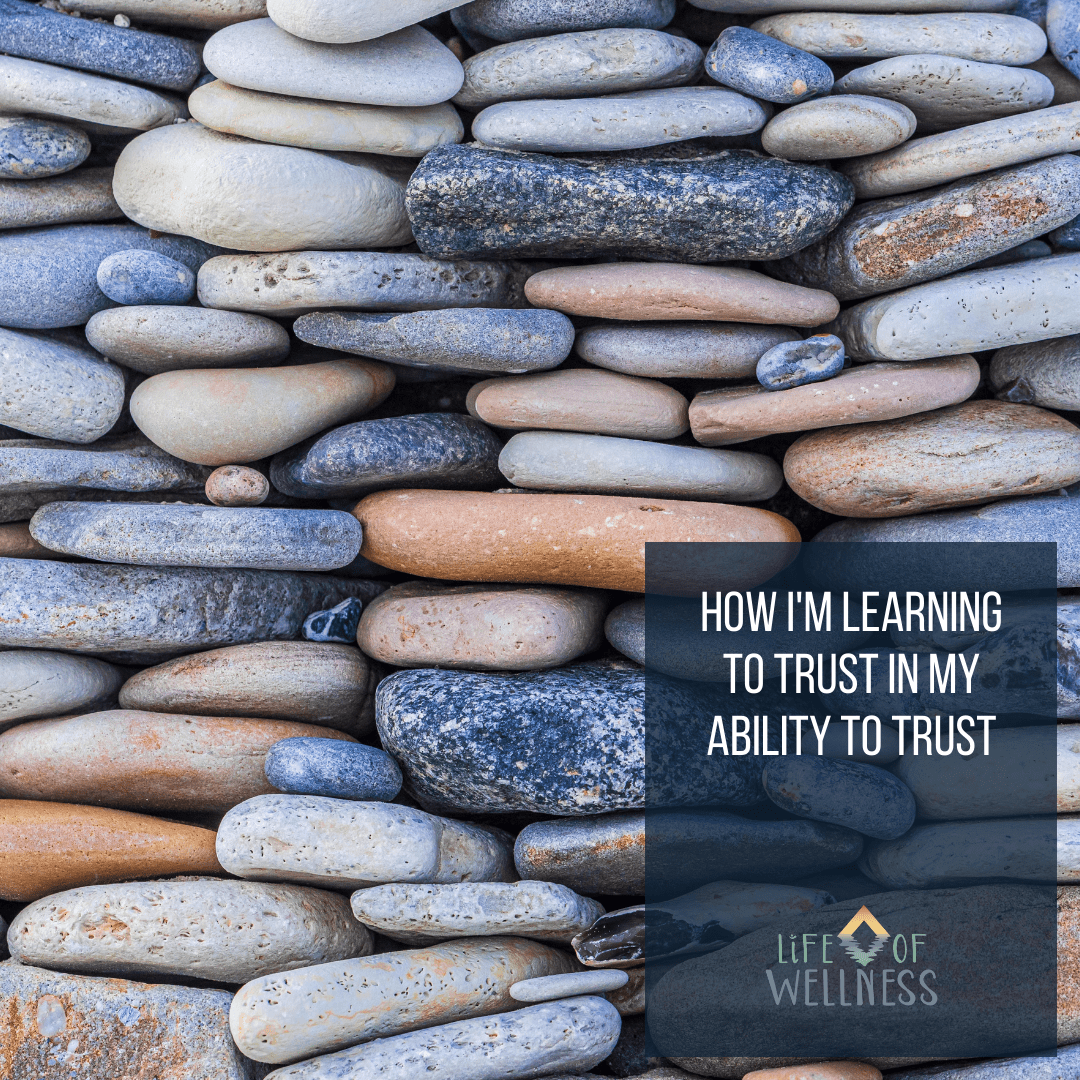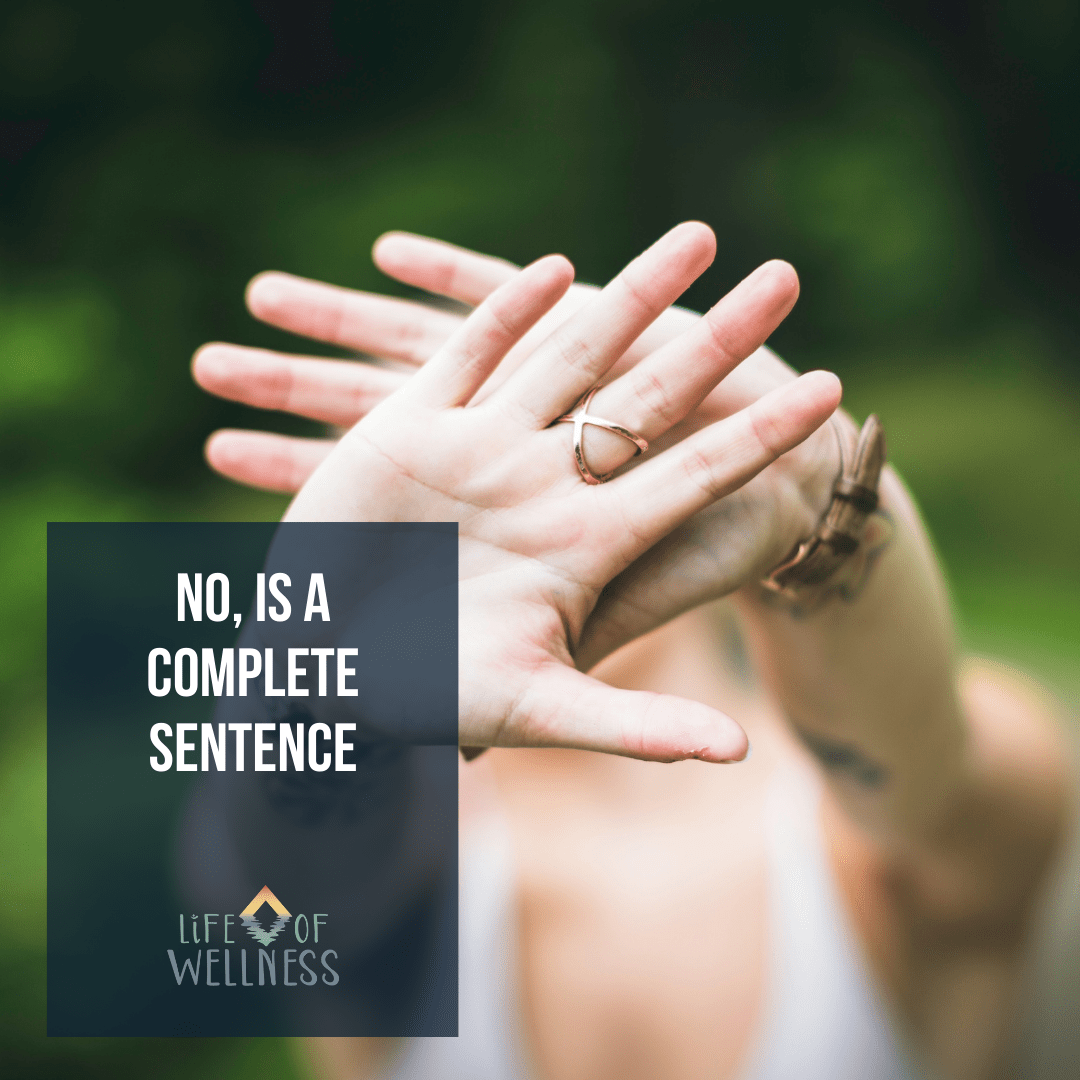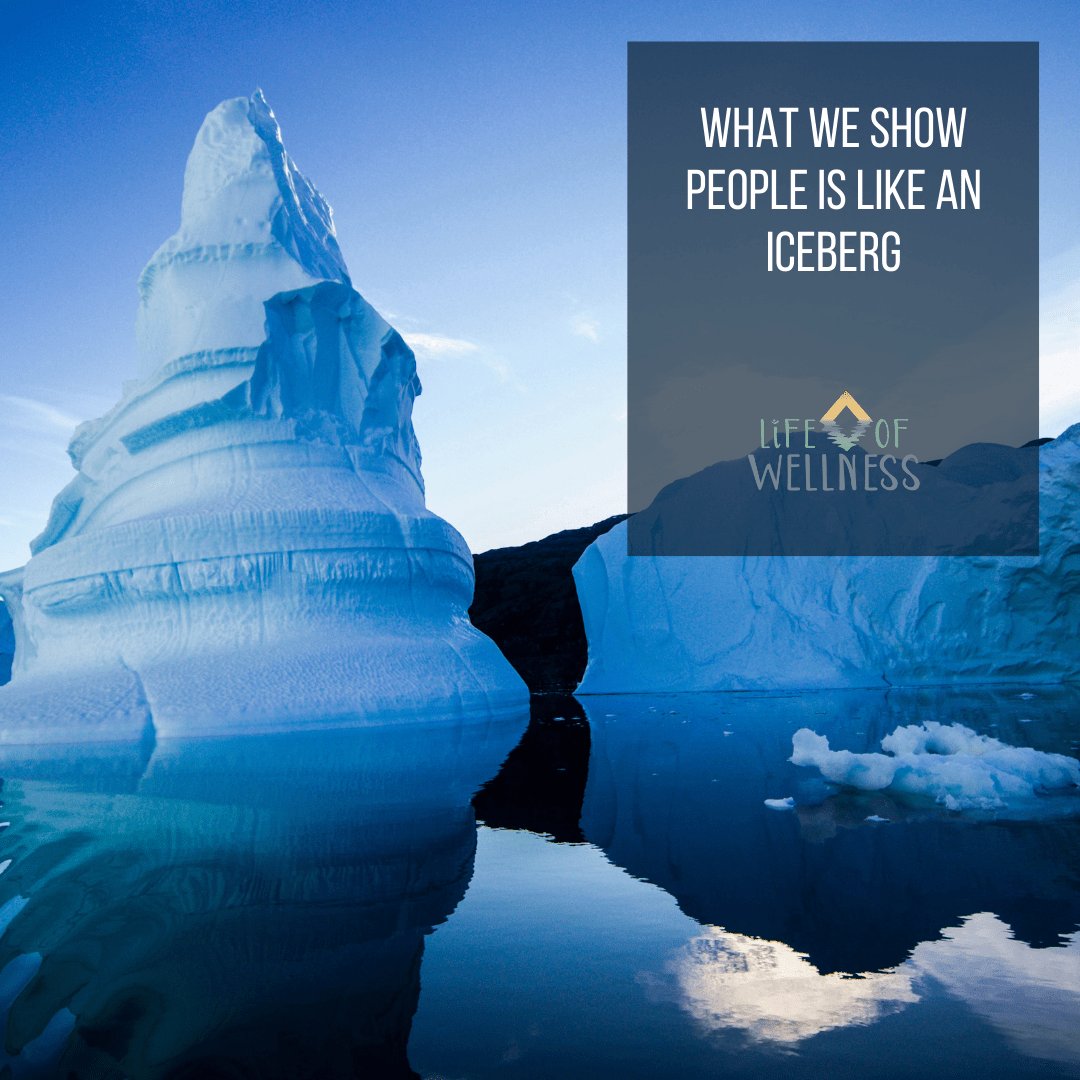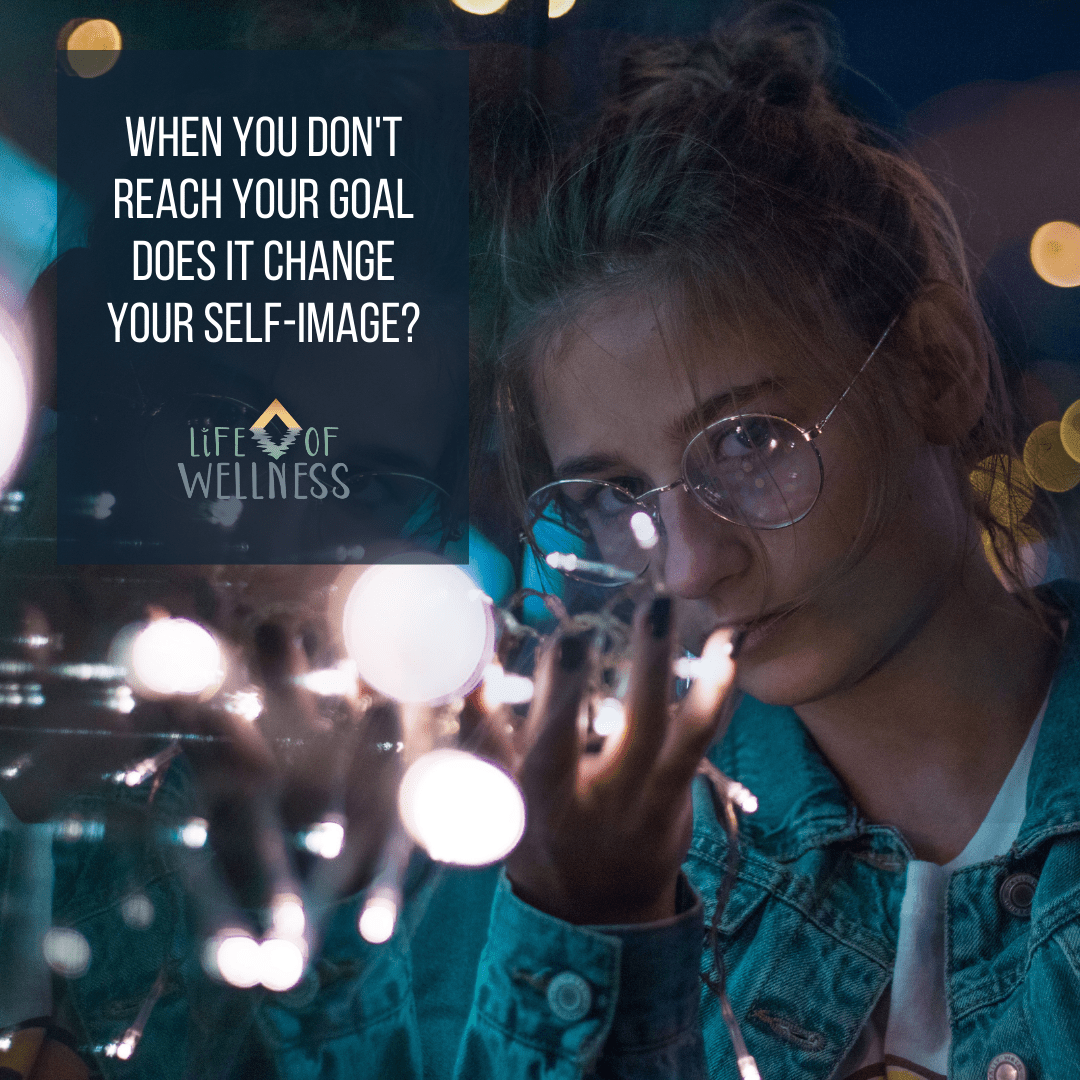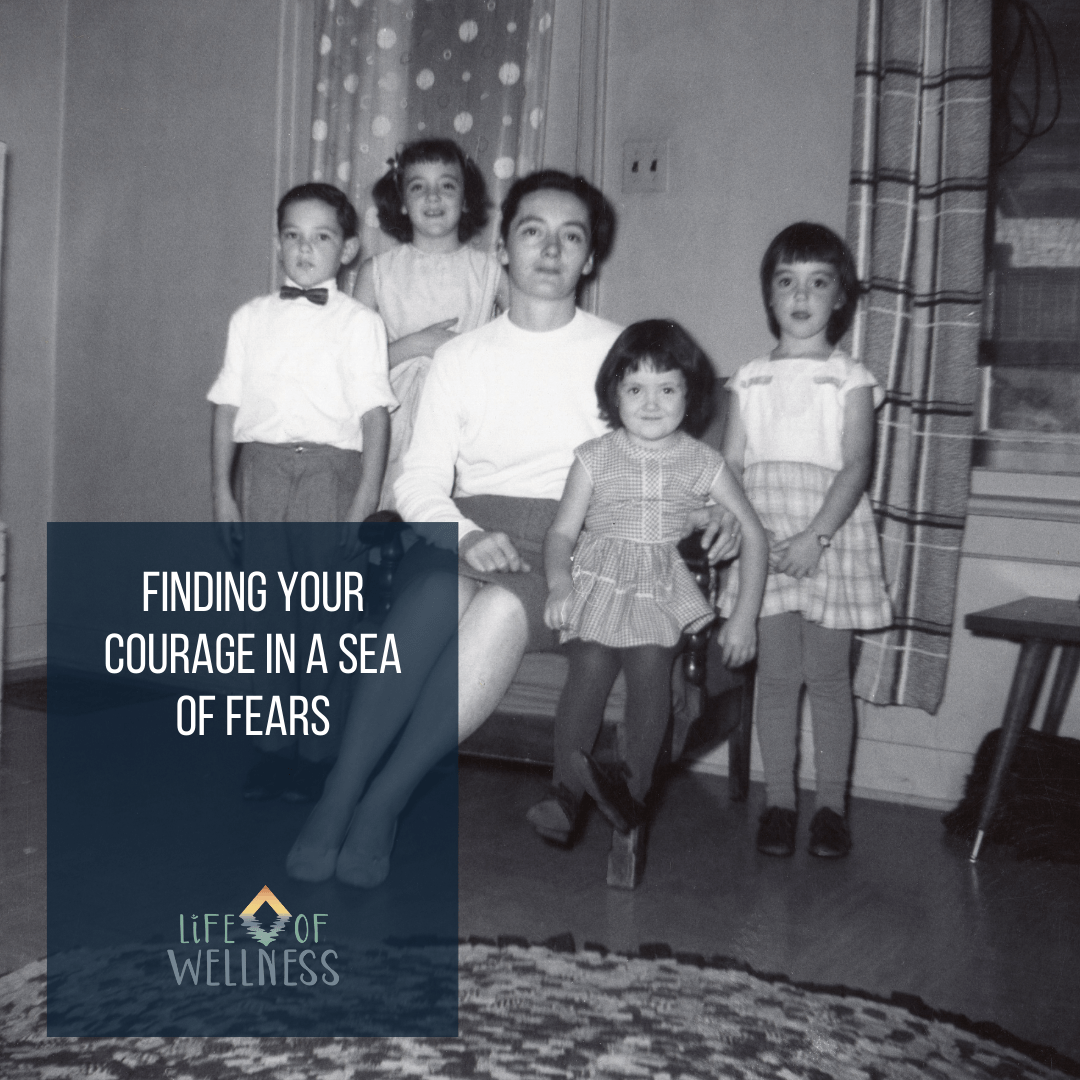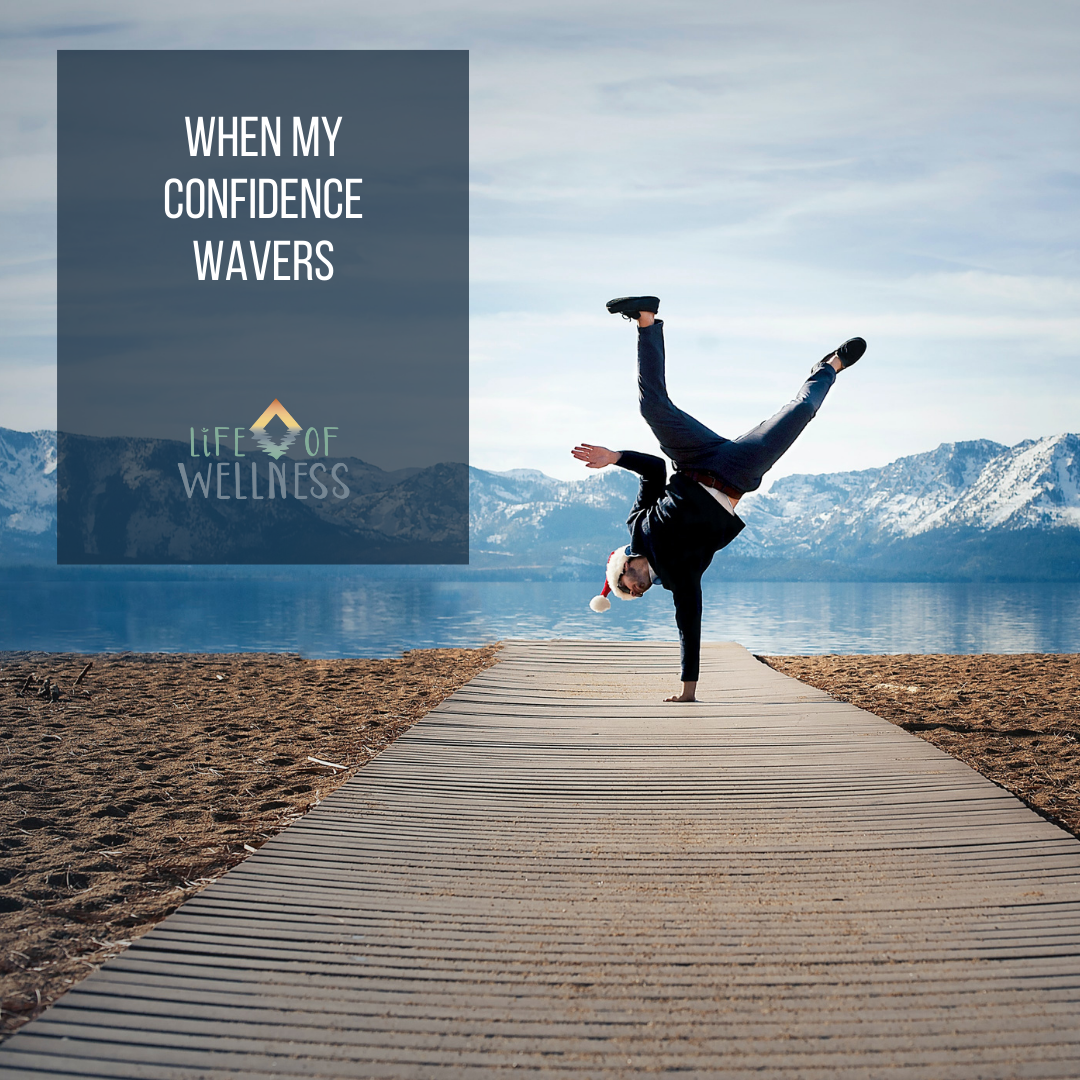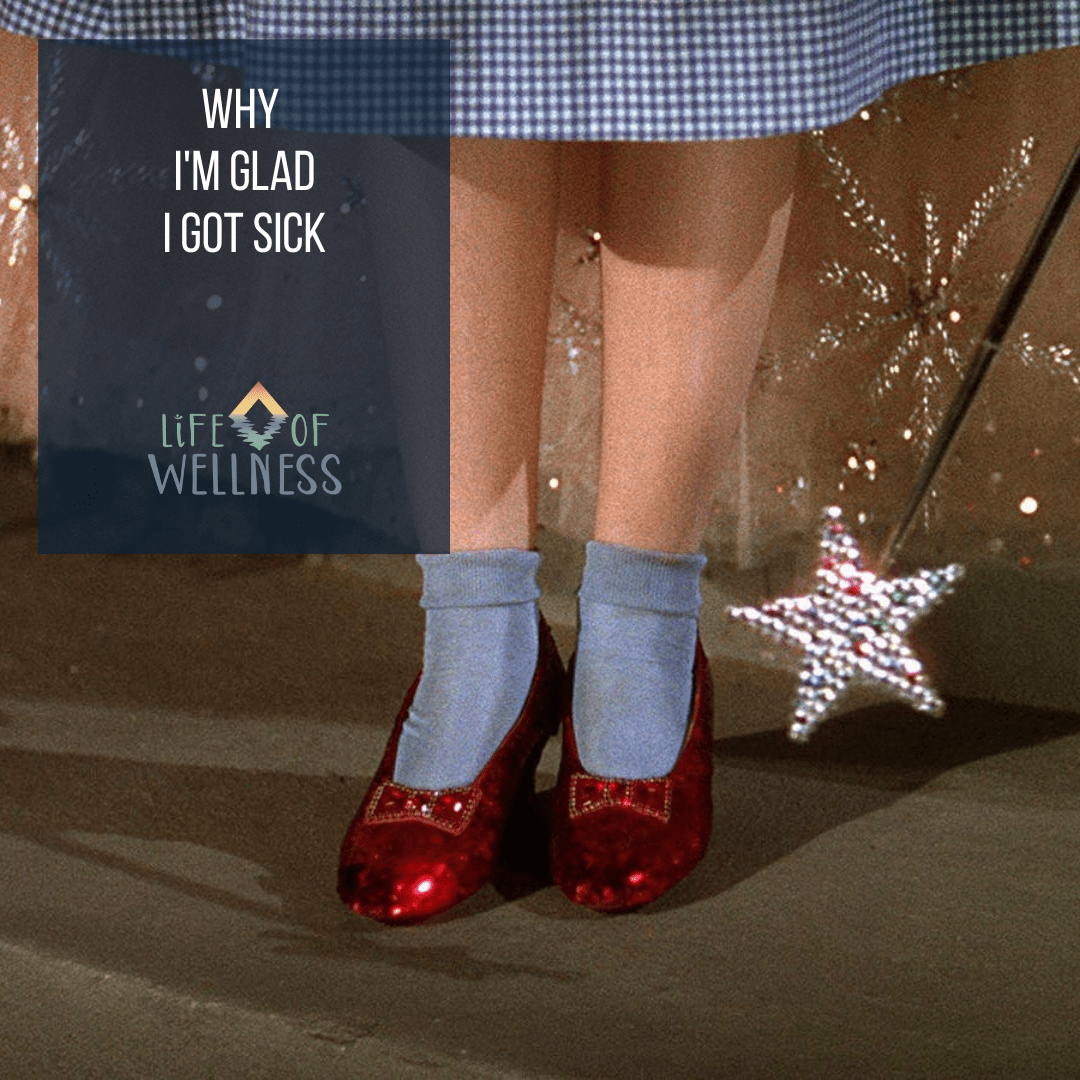Explore a transformative approach to yoga education, breaking free from traditional hierarchies. Dive into client-centric practices that foster self-awareness and connectedness.
Meditating: It’s not all Unicorns and Rainbows
Mental health is a tender human experience, and we must be mindful of how we discuss it and share practices, like meditating, that may support us through it. Meditating is often touted as a “cure-all” for mental health. While it may be a helpful practice, it is neither a panacea nor easy. This misinformation is a disservice to those who may be helped by meditating.
PTSD and Eating Disorder Recovery: The Role of Avoidance
It’s no secret that mental health disorders like PTSD and eating disorders can take a toll on your life. But you may not know how we cope with these disorders, and avoidance can worsen them.
Avoidance is a common coping mechanism for people with PTSD and eating disorders. It can take many forms, such as avoiding certain places, people, or activities that activate symptoms. Avoidance can also take the form of engaging in activities or behavior to not having the time or space to feel our body’s communication, feelings, thoughts, and emotions of our suffering.
Another common coping mechanism is to turn to alcohol or drugs to numb the feelings of anxiety and fear. While these behaviors may provide some relief in the short term, they can worsen symptoms in the long run.
In this article, I will discuss the role of avoidance and behaviors in disordered mental health and recovery. I will also be providing some tips on learning how to cope in a healthier way.
PTSD and Eating Disorder Recovery: The Emptiness and Isolation
If you’re like me, you’re probably no stranger to the feeling of isolation and emptiness. That feeling of hollowness lingers no matter what you do to try to fill it. Continue Reading
Yoga and Recovery: A Gateway to Compassionate Self-Care
Yoga encourages us to engage with loving kindness, listening interoceptively, recognizing and honoring our boundaries, and knowing it is safe to gently and progressively challenge our edges.
We learn to see ourselves as deserving of compassion when facing challenges and difficulties—as human beings facing tender human experiences. We learn we can experience life without feeling powerless, needing to distract, engage in maladaptive coping to not feel our experiences.
Yoga and Recovery: The Brain and Mental Health
Yoga is like weightlifting for our brain, our brain cells develop new connections, and changes occur in brain structure as well as function, resulting in improved cognitive skills, such as learning and memory. Yoga strengthens parts of the brain that play a crucial role in memory, attention, awareness, thought, and language.
Yoga and Recovery: Client-Centered Care
We MUST feel safe to explore our somatic experience and trauma, learn coping skills, face the highs and lows, and ultimately recover. So, we need people on our team who are always focused on what is best for us. Practitioners who can adapt their approach for our benefit sit with us in our resistance and hold space for working through it without attachment to the result.
We need caring professionals on our court, working with us and focused on helping us reach our recovery goals. Who responsibly helps us explore our experiences as we learn to cope and self-regulate. Who understand the emotional cycles and rollercoasters of shame, pride, resistance, acceptance, love, and loathing. And sits with us when this darkness comes with compassion and helps us find our way to safety.
Yoga and Recovery: Defining the Journey
The truth is recovery is messy, challenging, and filled with highs and lows.
I’ve learned to live in the moment while playing the long game. In other words, living in the present moment and embodying my life while giving myself time to do the work in treatment and grace when I stumble. Time to curiously explore and discover healthy coping techniques and when they help me. Which has helped me feel more confident and less overwhelmed when symptoms and challenges occur.
Does Learning at Your Own Pace Yoga Teacher Training set you up to FAIL?
Truly preventing harm challenges us to consider the impact of our actions, words, and behaviors. It means considering what is best for our students, future students, and our school. But also your future students and so on.
The answer was much easier than I expected it to be. Without a doubt, the right thing to do was to continue offering 100% live training. To hold space for the highest quality learning experience and protect the life-changing and intimate experience of taking yoga teacher training together in a community.
Recovery from high functioning PTSD and an Eating Disorder
I have spent my life keeping busy. At the height of it I was working 70-80 hours a week, volunteering over 1200 hours a year, over and above being a married mom of two. Five years ago I left this lifestyle, I even thought I had completed this part of my life. And now I can see, I have spent my life keeping busy because then I never had the time to deal with the pain, the thoughts, the emotions, the trauma. I was filling the space up to not feel.
The rest I didn’t know I deeply needed
We live in a society that is focused on productivity, high producing, and achieving behaviors. We say things like “do more with less” and “sleep when I’m dead”. We see people who are busy as productive, stressed as up to big things, and achievement as the only important measure of success.
The result is we are experiencing significant increases in chronic fatigue or its more recently introduced name, myalgic encephalomyelitis (ME). A 2017 survey shows some 560,000 Canadians report that they have the disease, a 36.7 percent increase over previous results from 2014. The number also suggests the disease may be more common than breast cancer, Parkinson’s disease, and multiple sclerosis combined.
Since March of 2020, we are seeing significant experiences of compassion fatigue, lockdown fatigue, and pandemic fatigue.
Embodied Self Regulation: How the Vayus help us
In yoga, we believe that health happens when we allow our experiences to move through us. The vayus or inner winds of energetic movement enable us to self-regulate this energy.
n February of 2020, after years of struggle and misdiagnosis, I was diagnosed with PTSD. The year that followed focused on therapy, filled with tears and healing. I never expected the vayus would be so helpful.
Part of the healing came from looking at my past and present with fresh eyes; embodying this experience allowed me to understand how my experiences were living in my body. Look into my patterns and the beliefs I have developed over my life. It wasn’t easy and a continual work in progress. But each time I do it, I find the freedom I never dreamed was possible.
DIY How to Make Your Own Yoga Props
With more yoga classes happening online, you may find yourself missing those studio props. Props are an excellent way to enhance, support, and adapt your practice. We recommend props at Continue Reading
I am not resilient: A story of discovery and recovery
I have learned that being human is balancing two opposites; times to work hard and rest, between strengths and weakness, between the inner experience and the outer experience. Being human means, I am a living, breathing, and evolving being. I will make mistakes and have great successes, and both are perfectly me.
Yoga Nidra: Release stress and tension with this practice
Yoga Nidra is an excellent tool in our self-care toolbox! A powerful meditation where we comfortably rest in the therapeutic benefits of Savasana. The best part is that anyone can do it.
Self-Care: How thirty minutes a day is changing my life
In just thirty minutes of self-care a day, I went from wanting to find time for myself to making time for myself a priority. You can too!
Protect yourself from the energy and emotions of others
How would you like to protect yourself from the drain of energy we experience while interacting with others in our lives and being supportive?
Awareness: When things go wrong as they sometimes will
I have worked through my body’s needs, and I am tired, hungry, and depleted. I am about to enter the destructive phase, and just before that, I become aware I am in the pattern. We have spent so much time developing our awareness without stopping to ask what we are meant to do with it.
Healing my negative self-image
My self-image healing had begun, and while I wasn’t ready to trust my thoughts yet, This was the hardest part; as I went back through the many influences challenging the beliefs I had created my self-image out of, I realized that I had heard them as truths. That day in the passenger seat, I listened to those words and decided that being overweight made me unworthy, reinforcing the feeling of being invisible. I began to see myself those who truly loved me for me.
Why we need community to thrive!
When I’m struggling, what’s the first thing I do? I cut myself off from people! I hide from the very community that is my support!
Thriving isn’t just about feeling rested and ready to take on the world. We need people to share it with, celebrate it with, and support us when we struggle. That friend who will tell you to take a damn shower—that friend who will stop the story in your head and remind you of what matters.
Giving Burnout: Sometimes the giving has to be to yourself
Burnout has helped me develop self-awareness; I have learned to recognize it, rest, and heal. It starts when I notice that I am not completing everything I set out for the day, a week etc. Insert self-doubt and judgement here! This usually brings on the feeling that I fail to meet my goals. Now, feeling even more down on myself becomes the rocket fuel I use to push through and make it happen anyway. This inevitably leads to exhaustion, a severe lack of self-care, and the start of a fast-running hamster wheel that now has so much momentum that it would take a whole spin out of control to exit.
Throw your hat over the wall and live the life you’ve always wanted
If we are being honest, we already have a good life. And there is nothing wrong with being comfortable living the life we have created. And sometimes we feel called to do something BIG.
There are thousands of reasons not to do it. I mean, what if you failed? It’s scary, challenging, and will take your focus whether in your business or your life.
And immediately, there is that moment of doubt, followed by all the reasons we shouldn’t do it. Maybe now isn’t the time; it probably won’t work anyway, and so many more.
My victory over “I’m not lovable”
Here I am living the life of a free child when suddenly a moment occurs. A moment where everything changes. At that moment, a 5-year-old said: “I’m not lovable.” It wasn’t true; of course, it was a child’s reaction. And yet, I have spent 40 years finding evidence that it’s true. I am discounting and dismissing all the evidence to the contrary. Each time confirms how right I am!
Knowing when it is time to let go
Knowing how and when to let go is one of the hardest things. Our emotions are clouds above us, making it harder to see clearly. This can leave us confused and feeling that it is too hard. “The truth is unless you let go unless you forgive yourself, unless you forgive the situation, unless you realize that the situation is over, you cannot move forward.” – Steve Maraboli. So how do you know there is something to let go of?
Awakening your inner strength: A journey to empathy
Deep within us is a sacred space—where our true self lives, empathy, authentic strength, and love reside. When we struggle, we can be disconnected from this part of ourselves. Our Continue Reading
Tips for managing difficult conversations
What is it that makes it hard to speak our authentic truth? Why do we find ourselves grappling over our needs and boundaries? And most importantly, how do we get past this and get what needs to be done… done.
When you share your story, do you think about yourself as the author and editor?
When you share your story, it is essential to remember that it’s up to you what you share, who you share it with, and how you share it. You decide Continue Reading
Live with Unguarded Authenticity
In 2019 I was given a gift of authenticity on International Women’s Day. I attended the Ladies Talk Out Loud conference with many community members. The incredible Karen and Ladies Continue Reading
Is productivity costing us everything?
Does our focus on productivity lead to burnout?
I never even questioned it. Isn’t that the goal to use our time wisely, achieve, and be productive? If you had asked me this question six months ago, my answer would have been yes. But then, it all changed.
A few of my closest friends and family started to share their concerns, but the praise and feeling of success quickly drowned them out. Then, like a wave that I never saw coming, I was drowning.
The signs have been there for so long; exhaustion, achy body, foggy mind, eye fatigue, difficulty with digestion, feeling overwhelmed, frustrated, and easily agitated. Honestly, they were badges of honour. The suffering is completely overlooked in a society that praises accomplishment and culture of “do more with less.”
50 Ways to Care for Stress and Overwhelm
Stress and overwhelm are often used interchangeably, but they have distinct differences that are important to understand when caring for yourself.
Turning Emotions into Emotional Regulation with “RAIN”
Our thoughts often skip over acknowledging the emotion and lump it together as one experience. By focusing solely on the thought, we are disconnecting from our experience of the thought. We may be experiencing sadness or fear and feeling disappointment or regret without recognizing that we can easily miss what we actually need. However, if we learn to identify thoughts, feelings, and emotions individually, we can develop emotional intelligence.
Learning to understand what makes us feel and respond the way we do allows us the ability to regulate our experience.
We need Community: How to keep them healthy
Strong communities are critical because they’re often an essential source of social connection and a sense of belonging. Being part of a community can positively affect mental health and emotional well-being. Community involvement provides a sense of belonging and social connectedness. It can also offer extra meaning and purpose to everyday life. Communities can exist or be created from a shared location, hobbies, lived experiences and backgrounds, or a common cause.
I do yoga so I can bend and not break
When I meet new students, I ask why they love yoga and want to dive deeper into their yoga practice. I always love hearing each answer as it gives me Continue Reading
Finding some silence between all the noise
I am finding more and more in my own life and the lives of my clients a sense of profound exhaustion. I’ve been spending a lot of time on this Continue Reading
Do we have to “burn the boats” to be successful?
Have you ever heard the expression “burn the boats?”
The first time I heard it was on September 9th, 2016. I had recently begun to recover from complete burnout and the resulting illnesses in my body. A result fueled by decades of unresolved trauma and believing I always had to be productive. I worked 80 hours a week and volunteered over 1200 hours a year at its height. Still at least two years away from realizing that I was allowed to say no, and day by day burning myself out trying to meet the expectations of my mind, boss, and society.
Please don’t have a nice day
“Please don’t have a nice day. Have a day that matters, Have a true day, Have a direct day, Have an honest day. A nice day…mmm…you’ll be miserable…Have a day that means something.”
The history of “Self-Care” the good the bad and the ugly
Everywhere you look today, someone tells us to self-care, that self-care is the answer to our problems, and we should be if we aren’t doing it. If we’ve spoken before, you have likely heard my opinion of the word “should.” I know it is a bit ironic to say this. I feel that the word should, should be removed from our language. Funny right! As a mentor recently said, I believe that “should” is “the most disempowering factitious concept” in our language today.
It can be easy to get caught up in the pressure placed on us from all sides to “self-care” or feel that it is a sales gimmick. This expectation that if we only did this or bought, our lives would be better or finally good to me is unethical. The pressure to not self-care to not get caught in its consumerization can be just as profound.
What does it really mean to hold space for yourself
As a parent, there is nothing worse than your child being sick or hurt. We recently went through this challenging experience with our son. The fear in his eyes was heart-wrenching and took every ounce of my ability to hold it together. I felt powerless as the doctors surrounded him.
As I watched him face this challenging day, I could do nothing to take his pain away. I couldn’t be the hero mom who swooped in and took it on for him. My role was completely different. I need to just be there and hold his hand, holding space for his experience. Which is when I got it, it would be easy to be there trying to solve or fix it. But that wasn’t what he needed. What he needed was to be loved, and I needed to be at my best to do that.
What it really means to hold space for someone
It means walking alongside another person without judgment, without trying to fix them or the situation, without trying to impact the outcome, while not making them feel inadequate. We must open our hearts, let go of judgment and control, and offer our unconditional support. Whether we hold space for someone directly or have space for someone as they hold space for someone else.
Finding freedom in the pursuit of happiness
Our days are inundated with messages telling us to “be positive” and how to “be happy.” They make it sound like a light switch you can easily turn on, and that’s all that is needed. But let’s be honest, this marketing is a play on our desires designed to sell us something. We spend a lot of time striving for happiness, in every choice we make and every dream we have, we are ultimately looking for it. This search for happiness comes in many forms. We strive to feel secure, be recognized as somebody of value, enjoy life, love, and have knowledge. All of this work ultimately to feel happy.
Have we ever stopped to ask, is being happy all the time realistic? If we are trying to be happy all the time, could we be missing something even better?
Managing the Effects of Grief and Stress
I watched as the sad realization came across his face; my heart broke for him. I could feel the responsibility of making something that wasn’t okay for him. To protect the person I love so much from pain and suffering.
Eight tips for facing holiday emotions
So often, when planning for the holiday season, we experience emotions and feel stressed. We are worried about family dynamics, planning to navigate holiday parties or fitting in family time in busy holiday schedules. What can help are emotional regulation tips to help reduce stress and bring a calming peace to your holiday season.
How I’m learning to trust in my ability to trust
I can’t just wave a magic wand and poof I can trust again. It will take self awareness, mindful thinking and challenging my first response.
No, is a complete sentence
Why didn’t I say no? So often find myself saying yes and then being frustrated soon after. When I knew I didn’t want to, why did I say yes?
What we show people is like an iceberg
When I’ve grown the most was when I was the most vulnerable, and there was someone there who truly took the time to get to know me and provide authentic support.
When you don’t reach your goals, does it change your self-image?
So often we view our self-image through the lens of our successes and failures; when we fail or miss a goal, it diminishes us, causing a further decline in self-image and even depression.
Finding your courage in a sea of fears
On Remembrance Day, I am always in awe of the stories of unbelievable courage. I’m not sure I can even honestly imagine the strength it takes. To sign up to defend your country knowing you could give your life to do it.
When My Confidence Wavers: Unraveling the Challenges of Pursuing our Deepest Desires
Have you ever had one of the days, or cluster of days, when your confidence is just gone? We face so many things every day that can rattle our confidence. What’s important is how you get it back!
Why I’m glad I got sick
Throughout my life, I have had hundreds of conversations with people who, like me, have gotten sick or faced something traumatic that changed their lives forever. I have listened as they intimately shared their suffering and their victories.
There is a common thread in those stories; we struggled with the questions. So today, I thought I would share the question people often asked me during this time, the impact this question had, and the answers.
